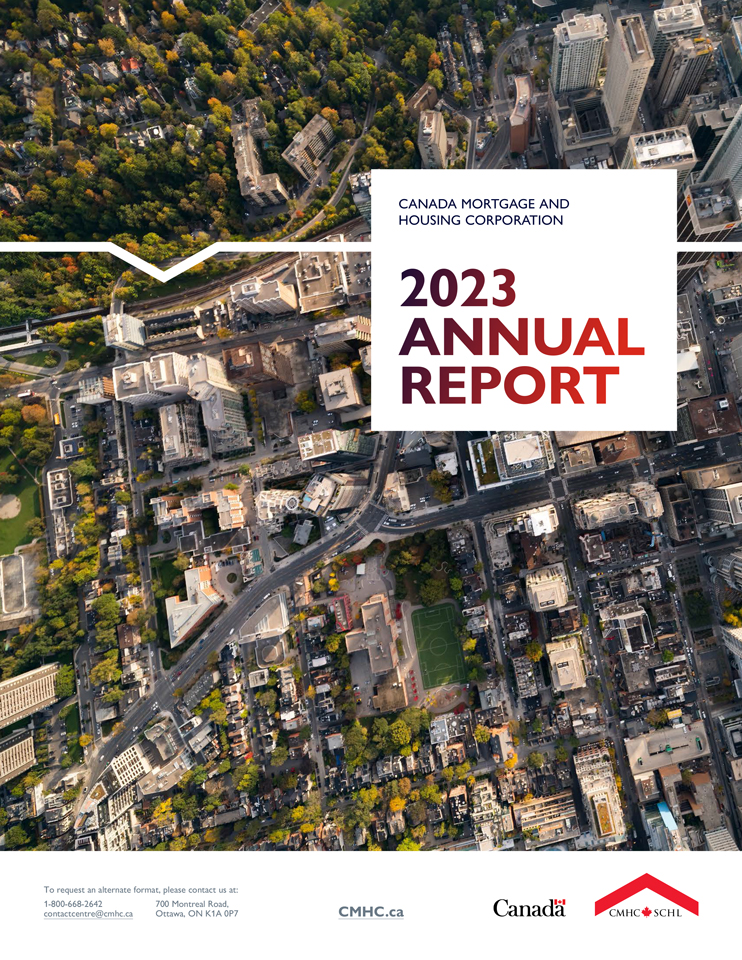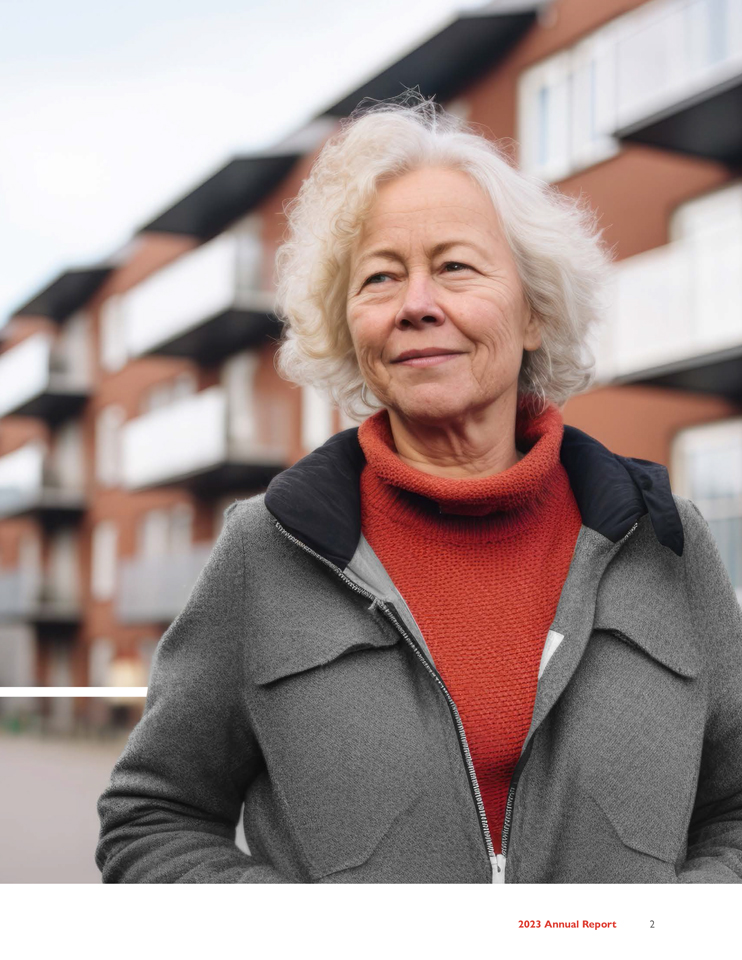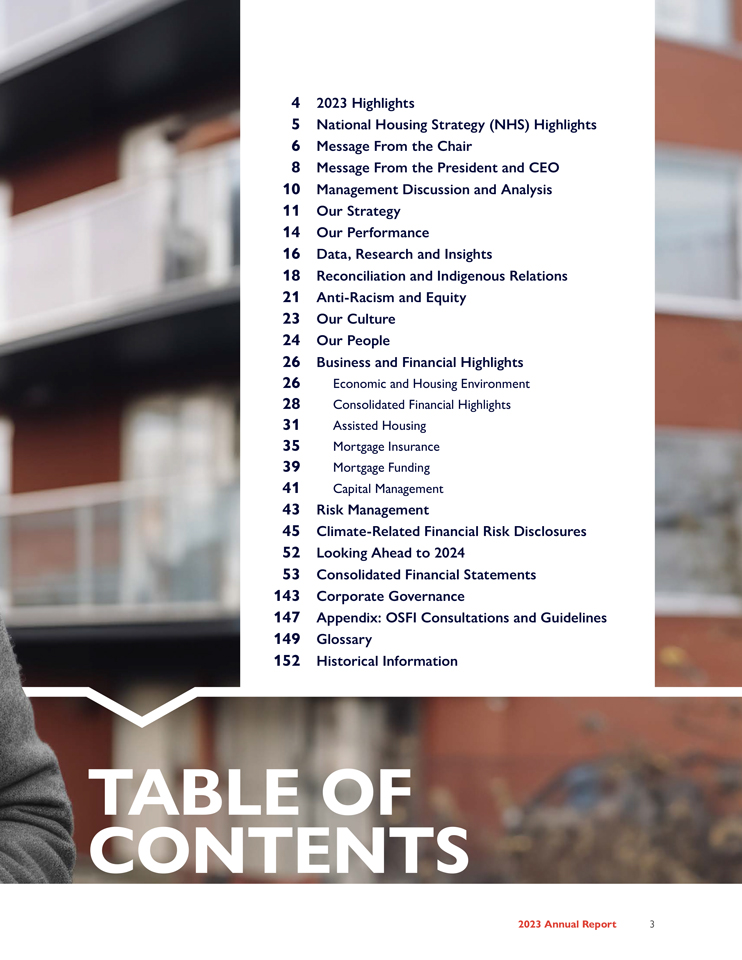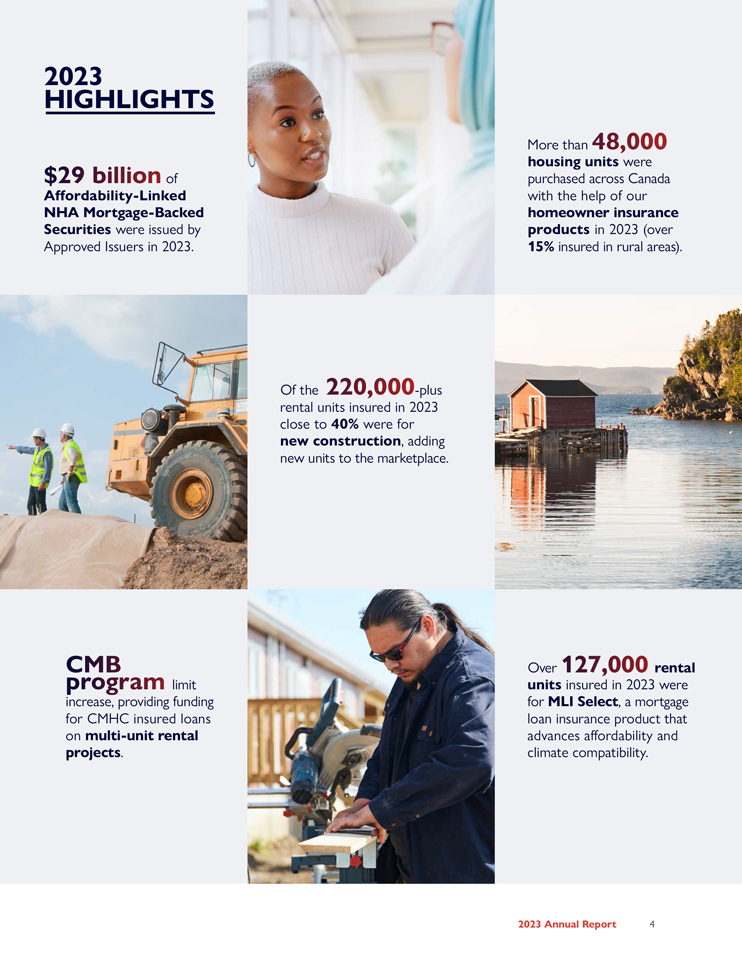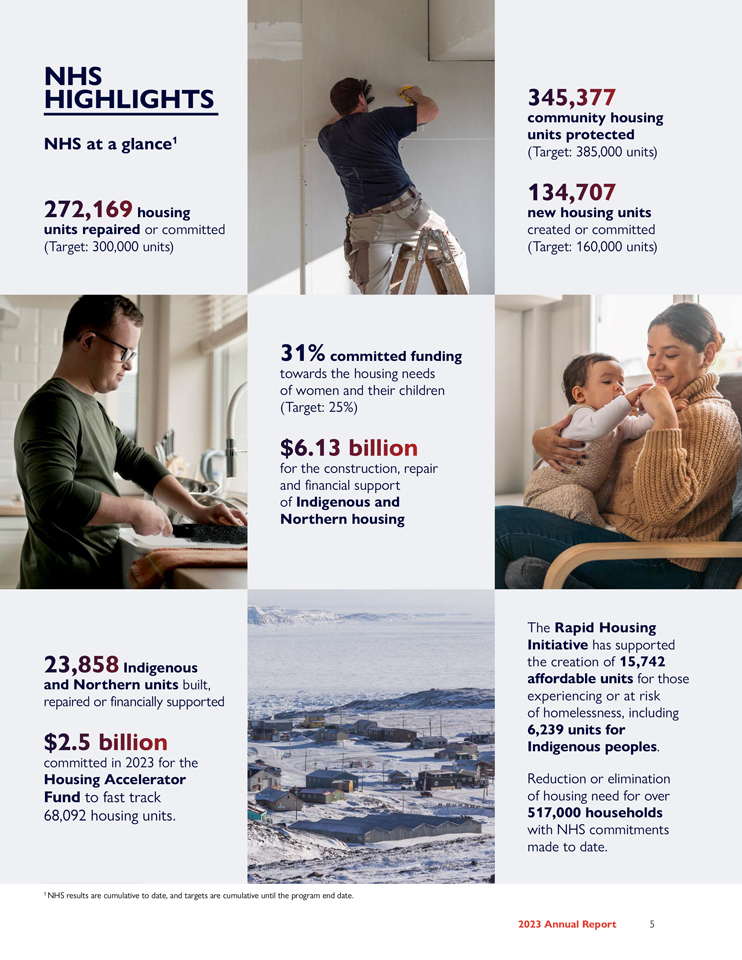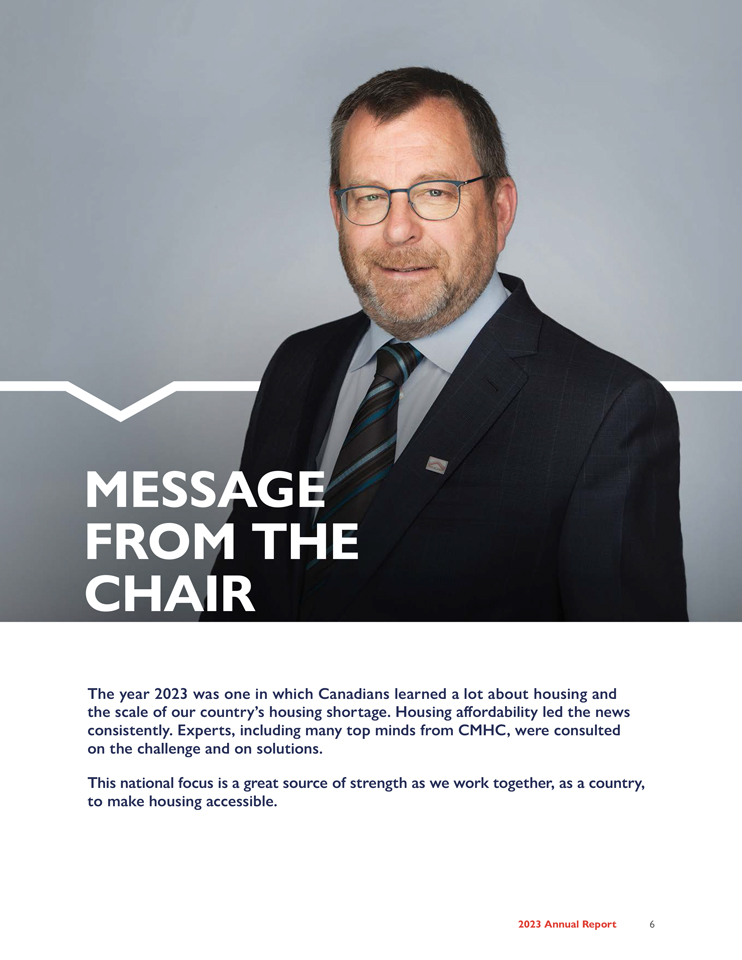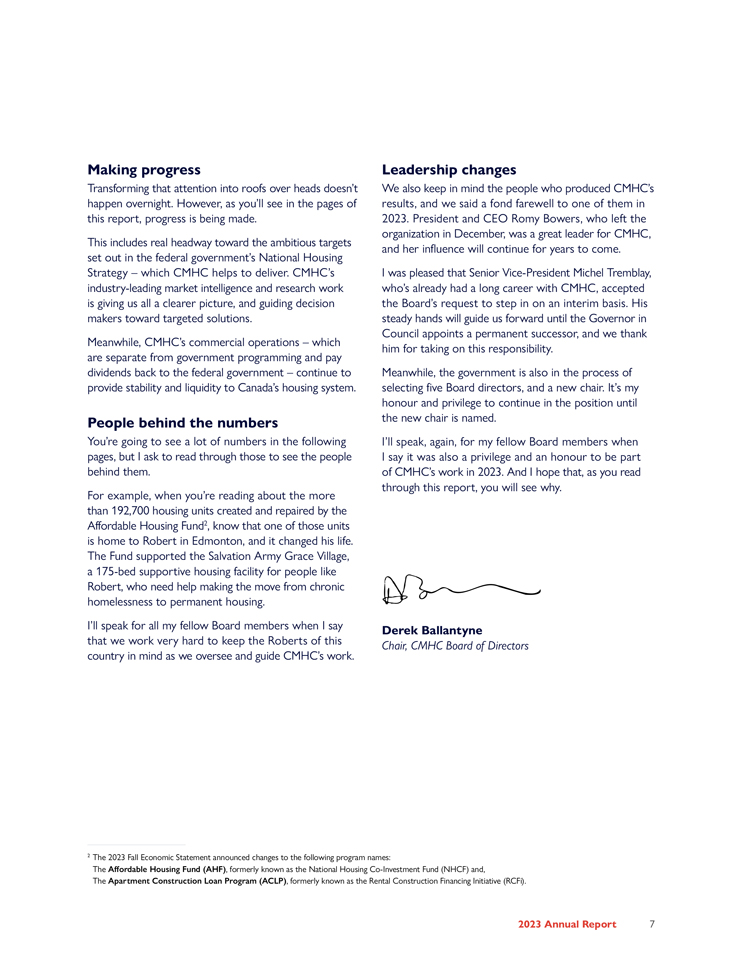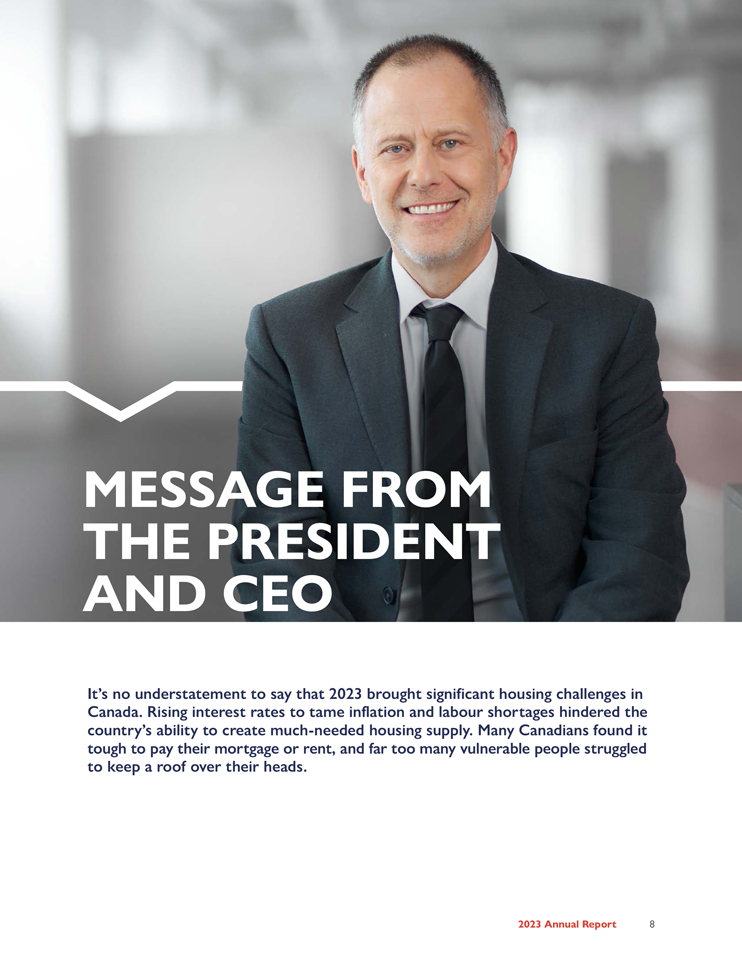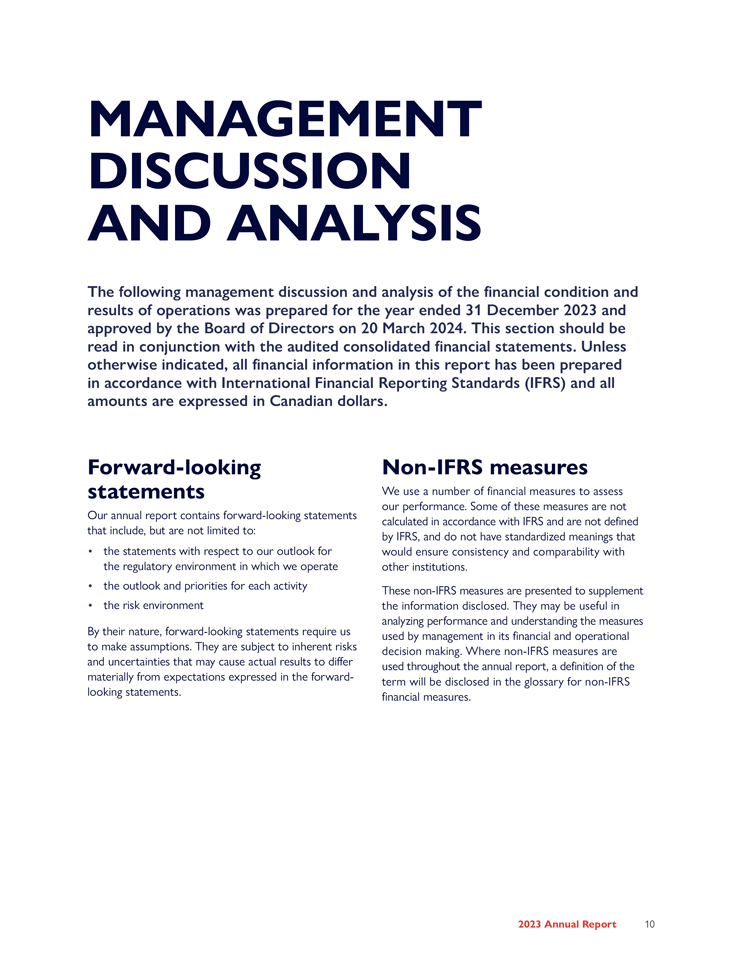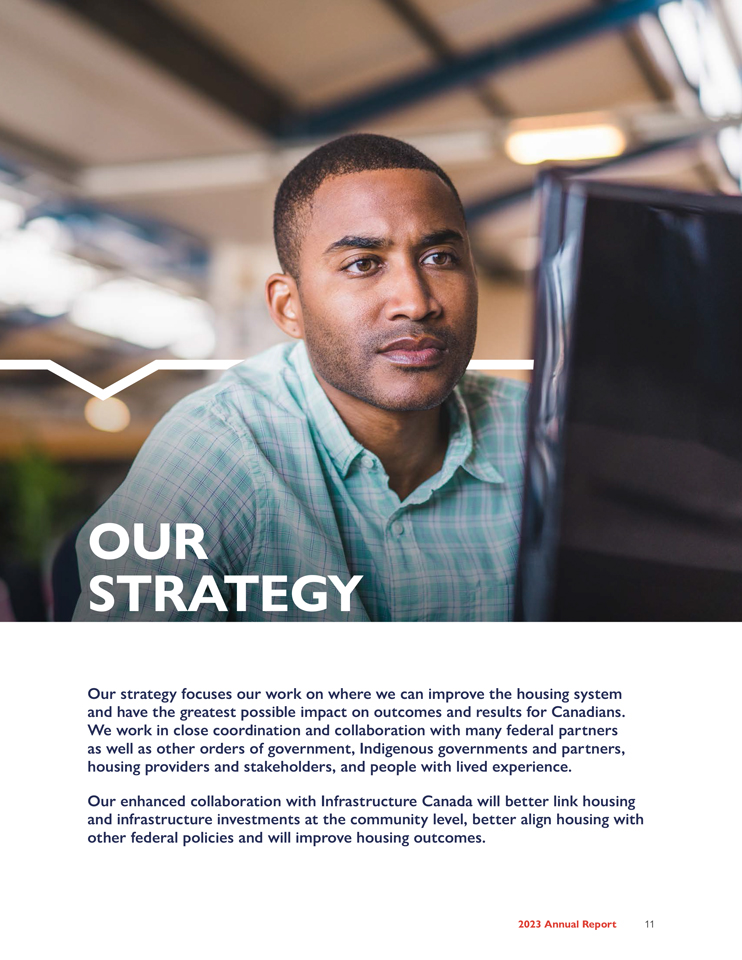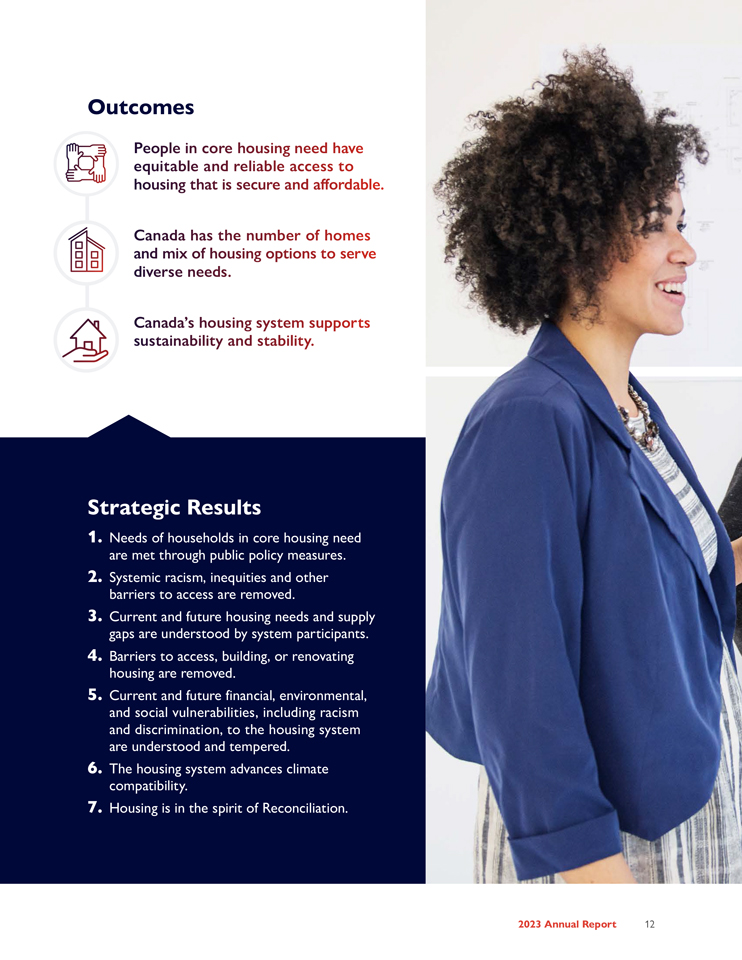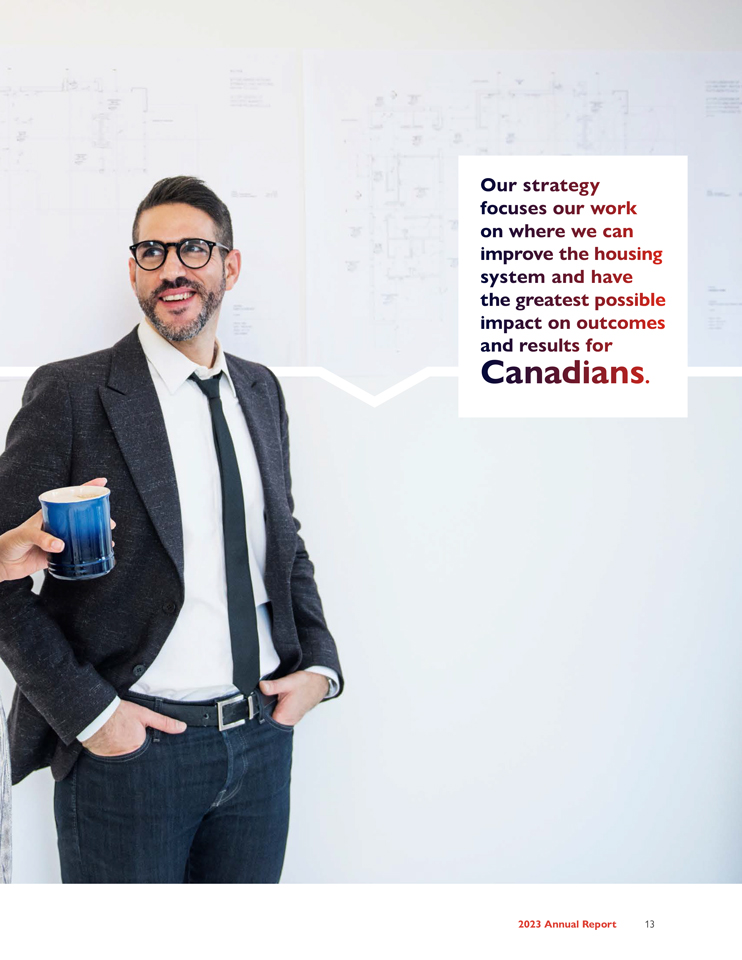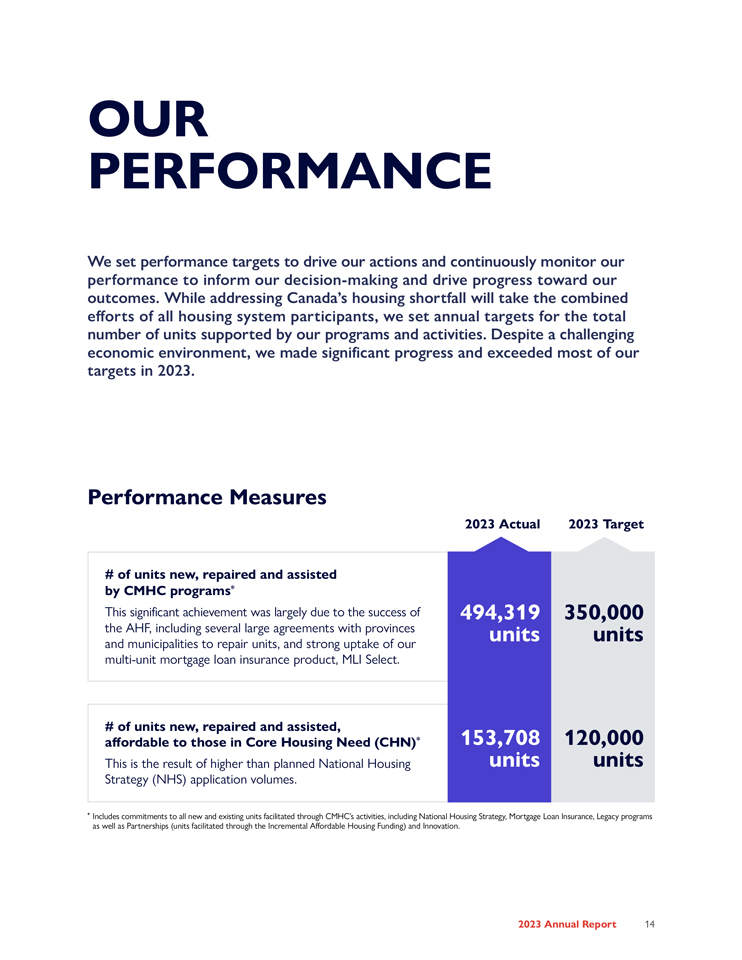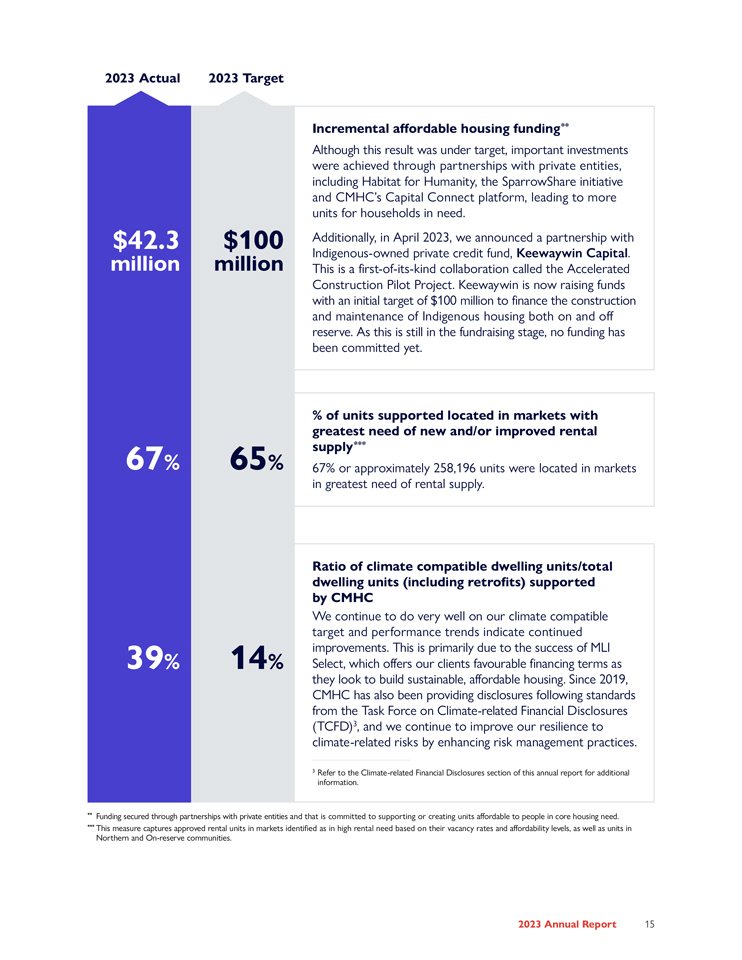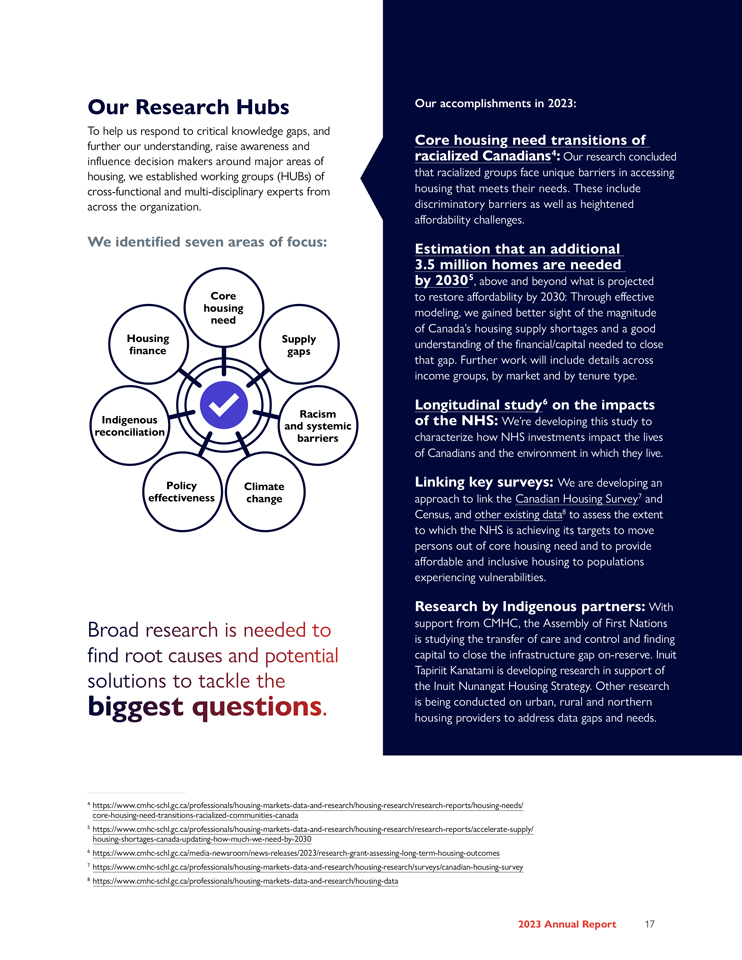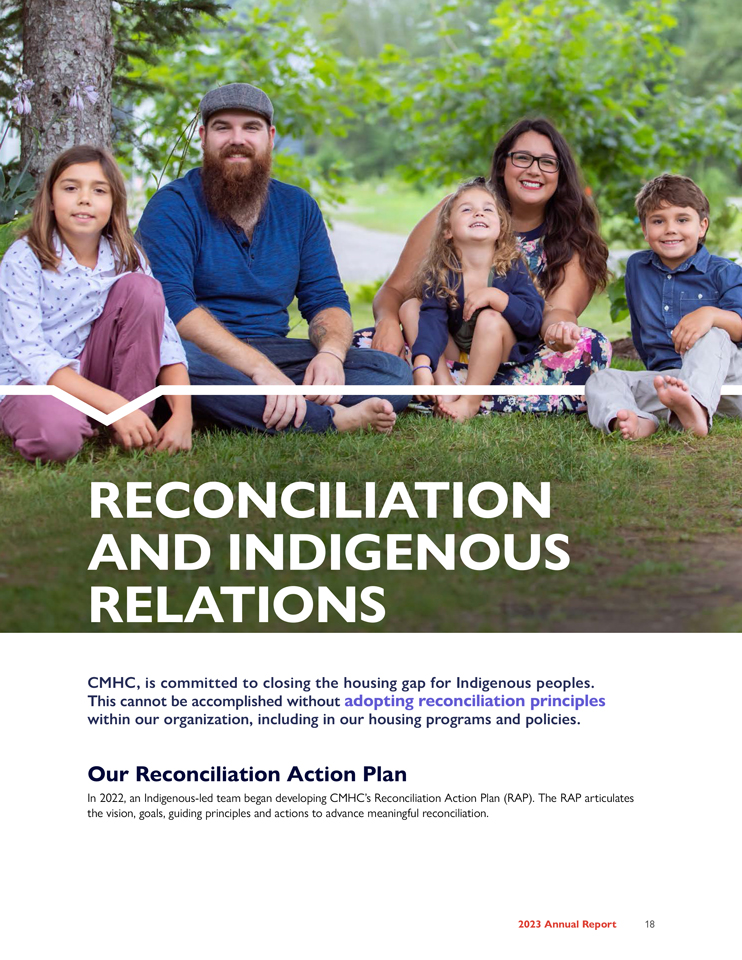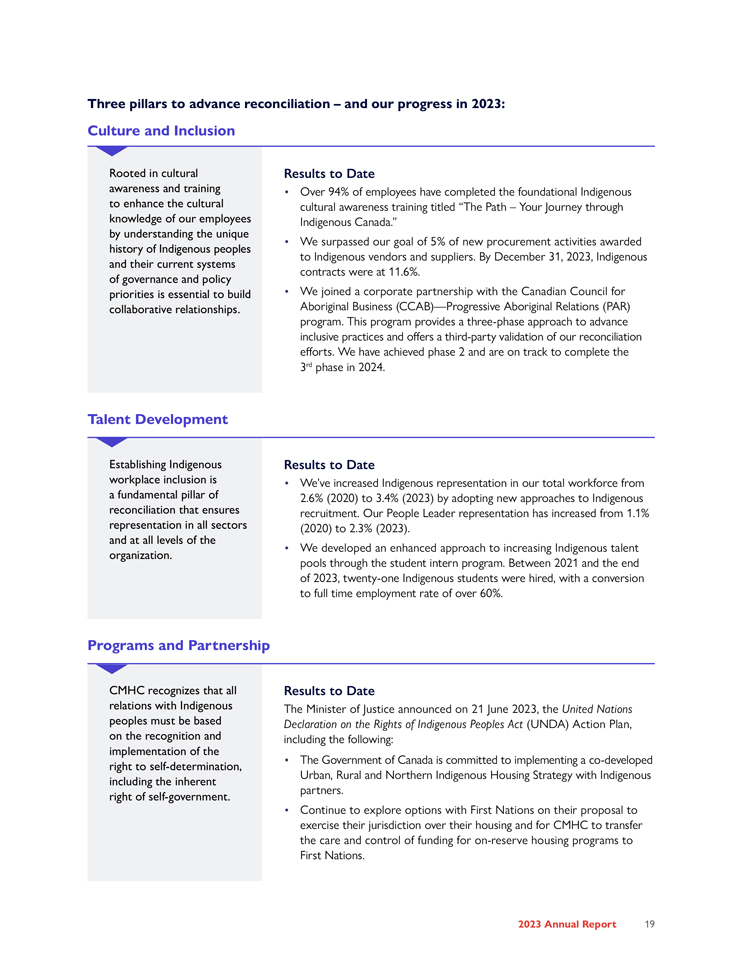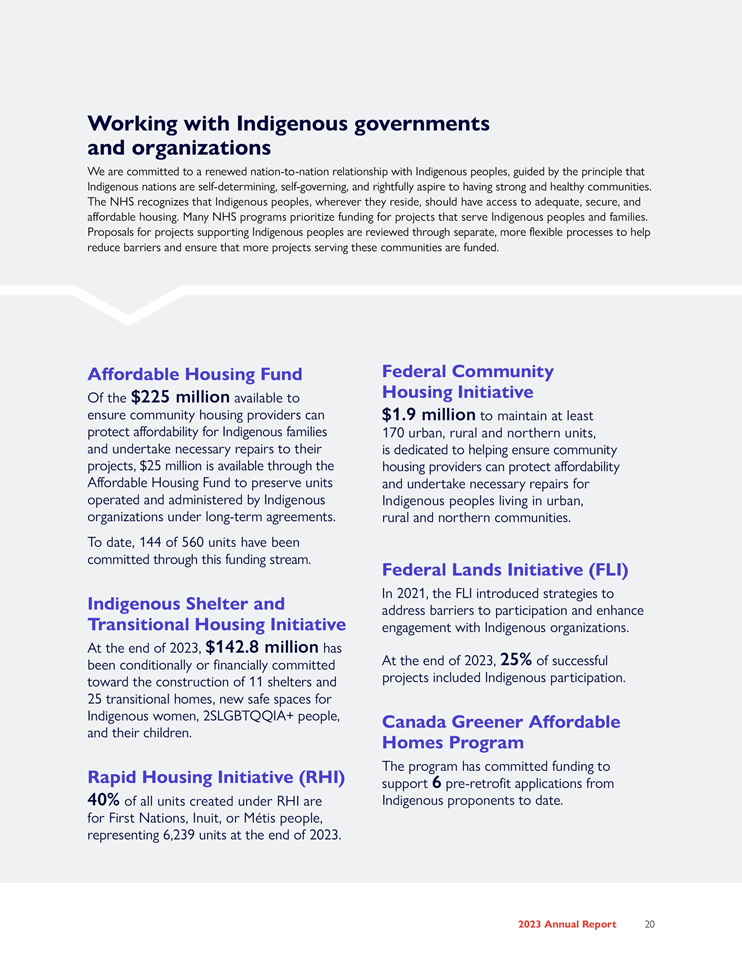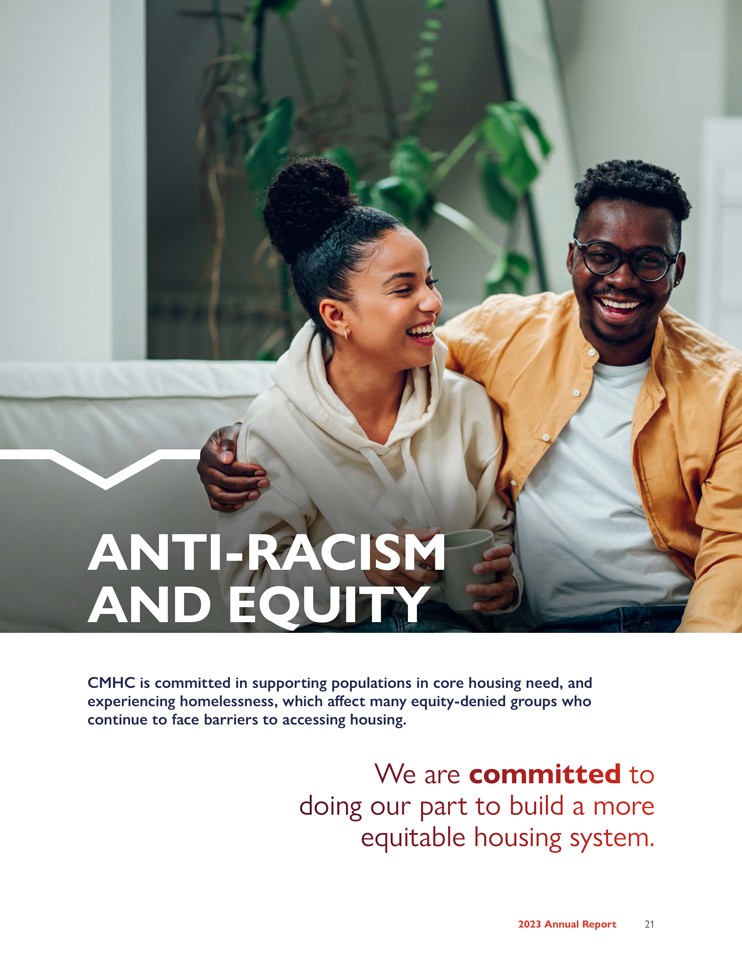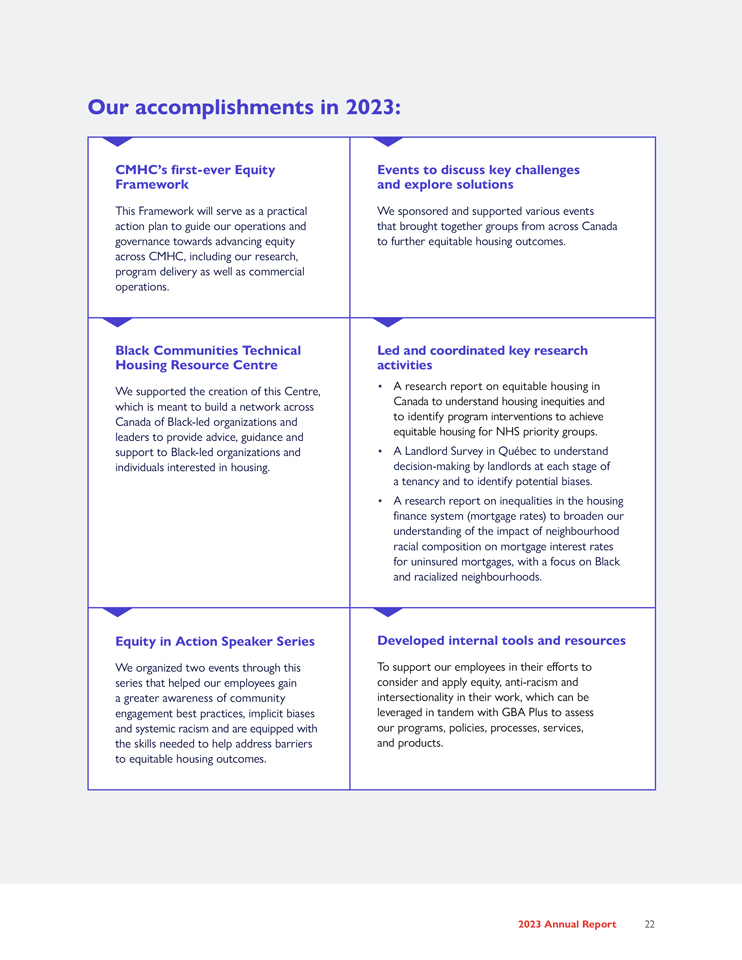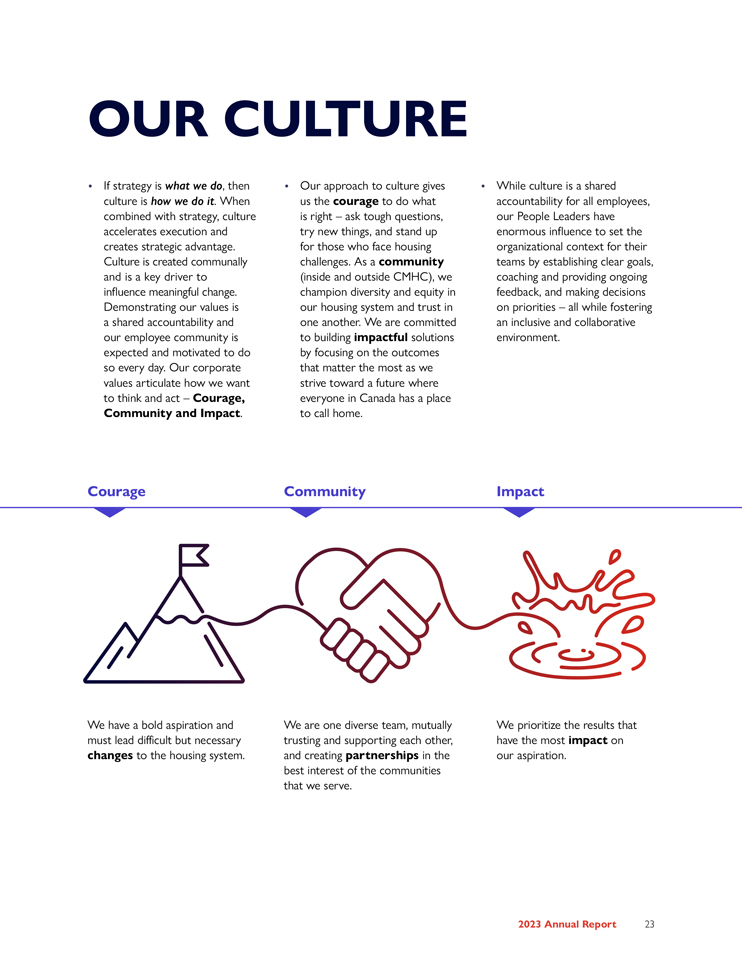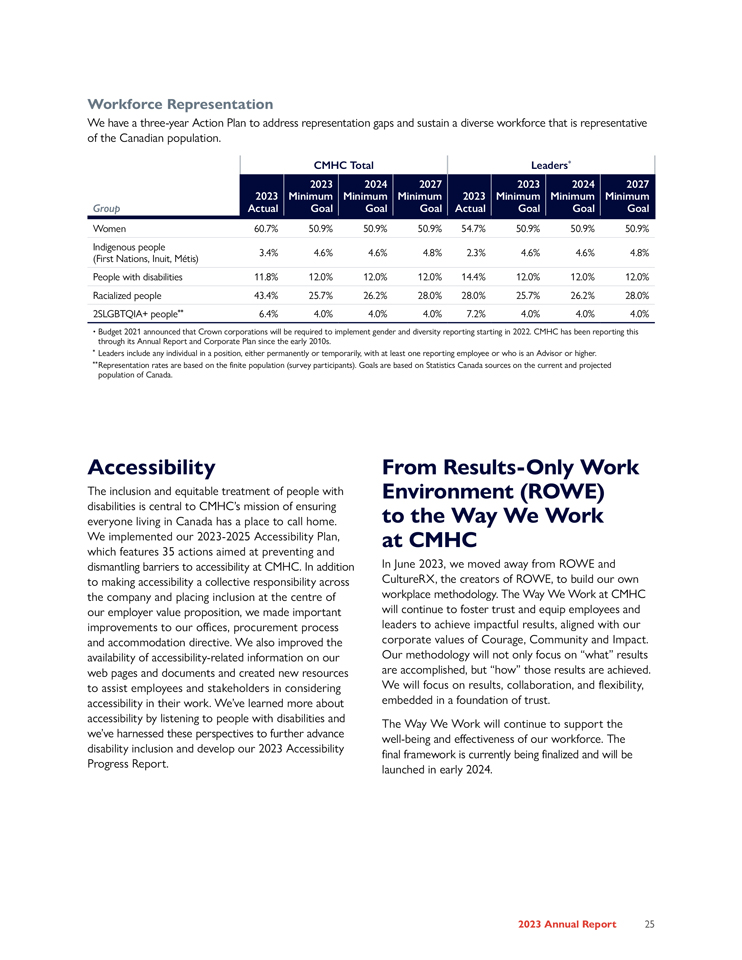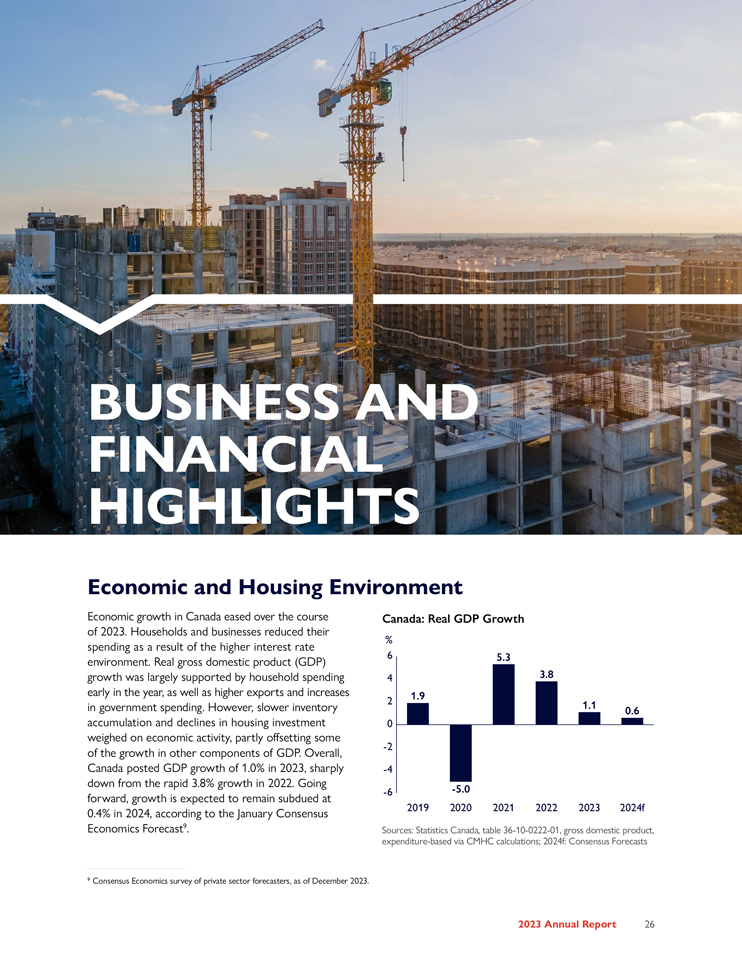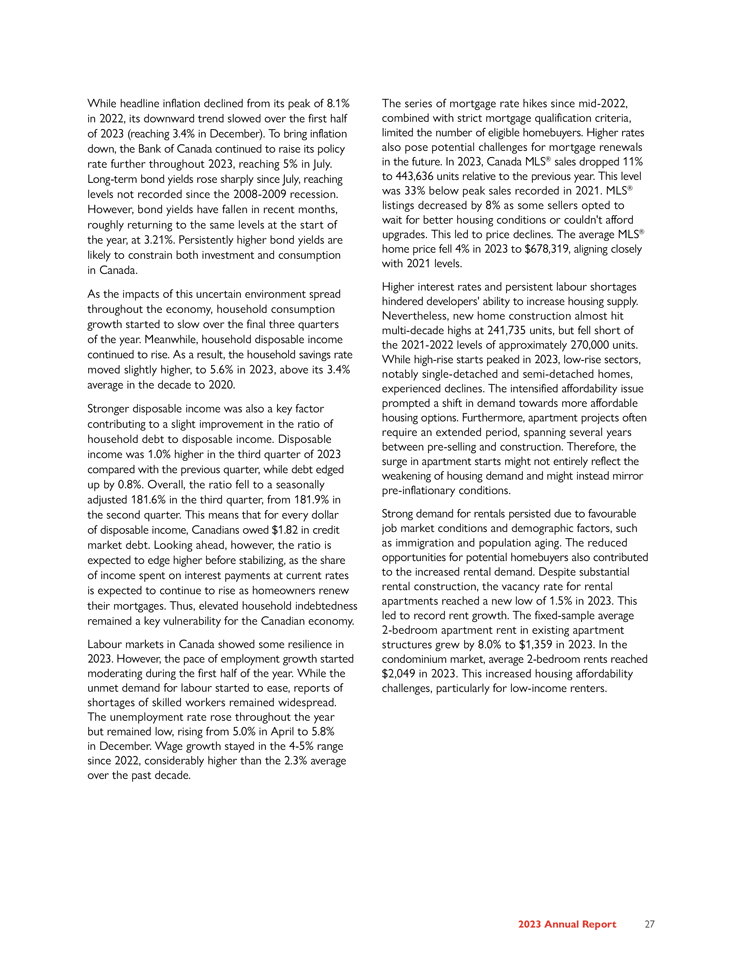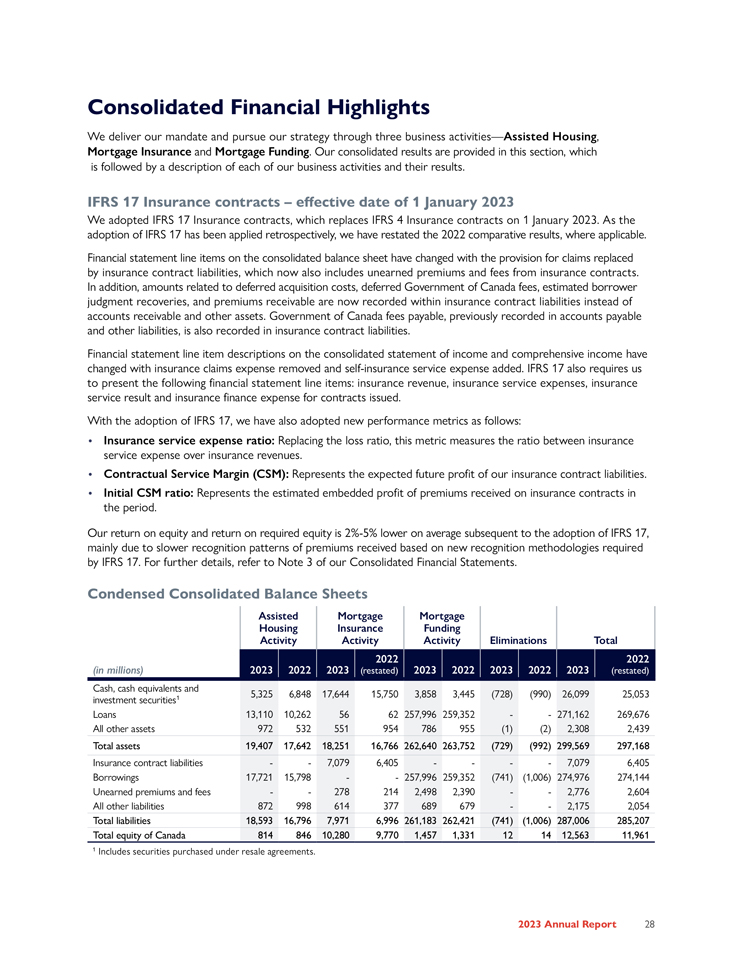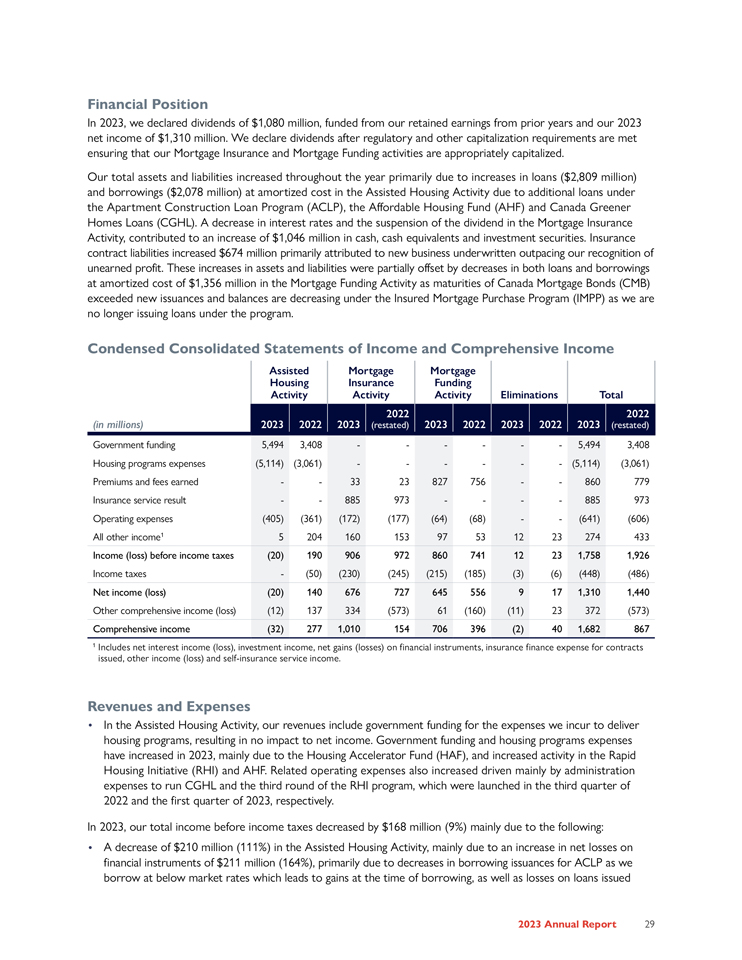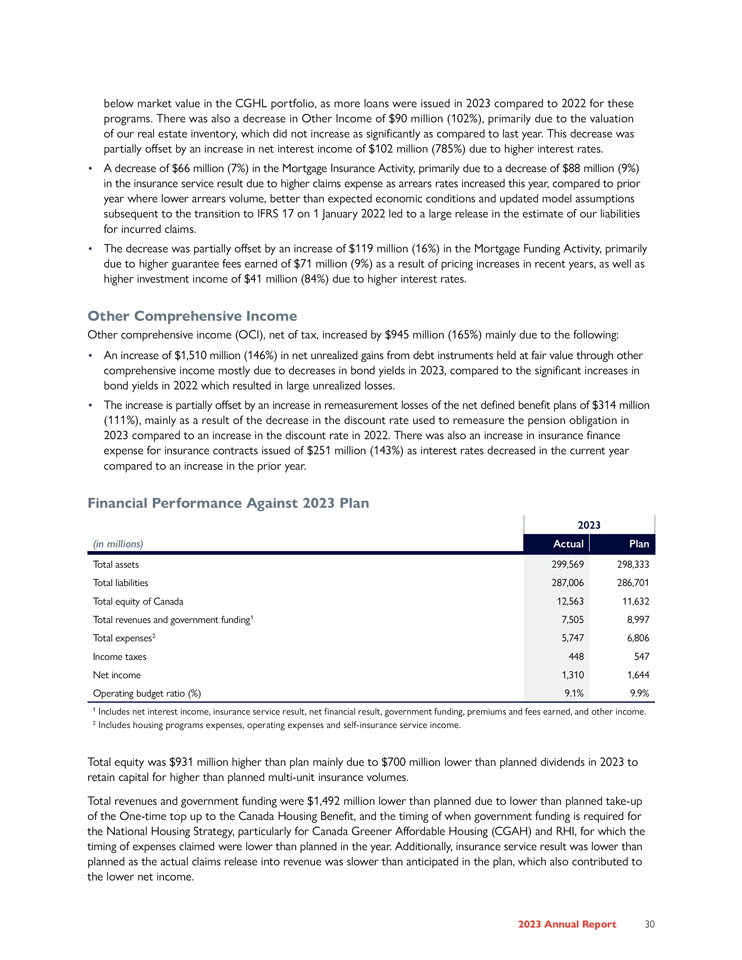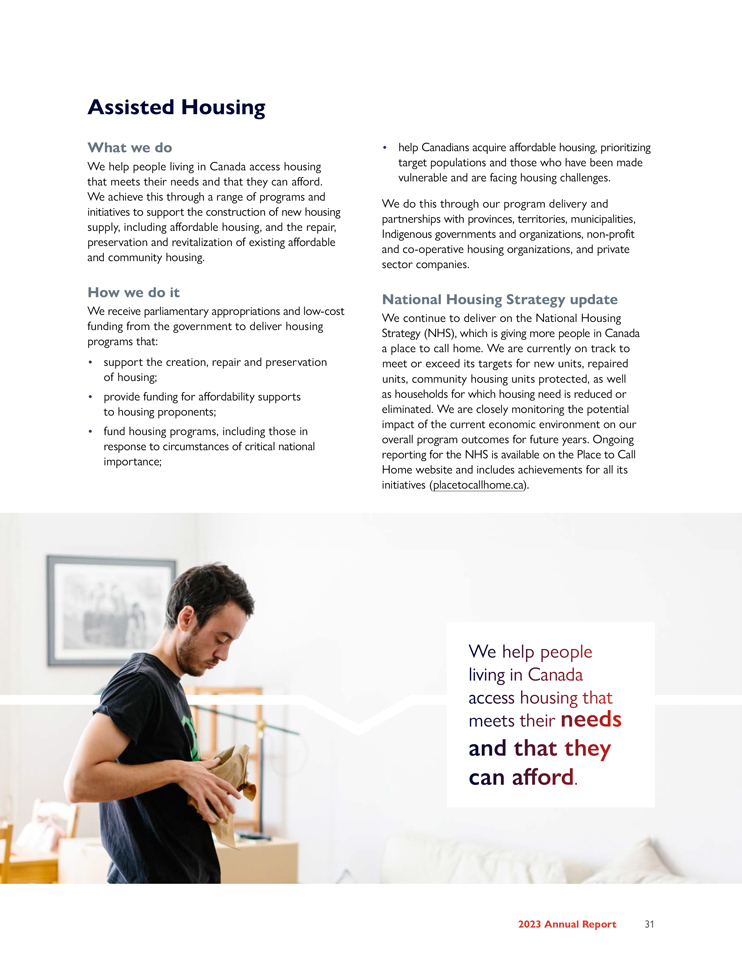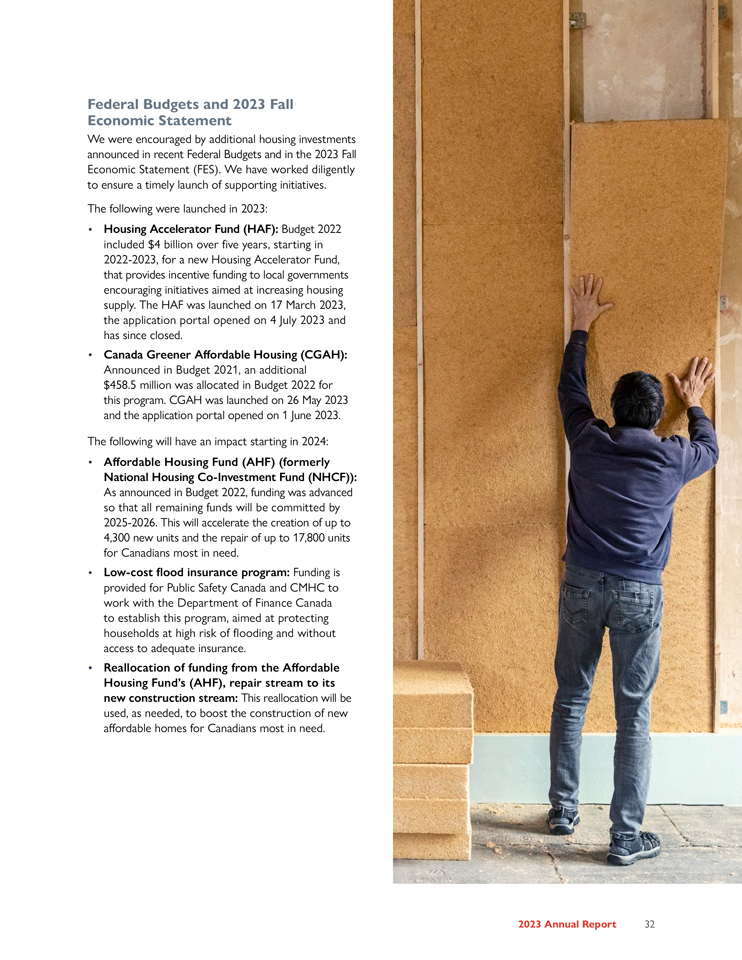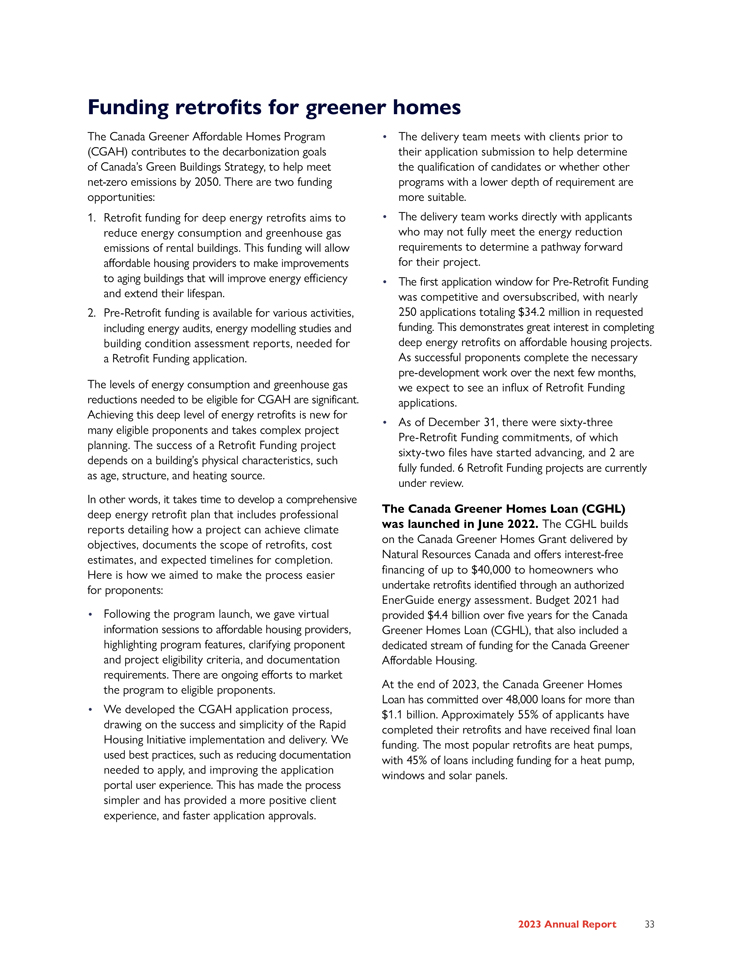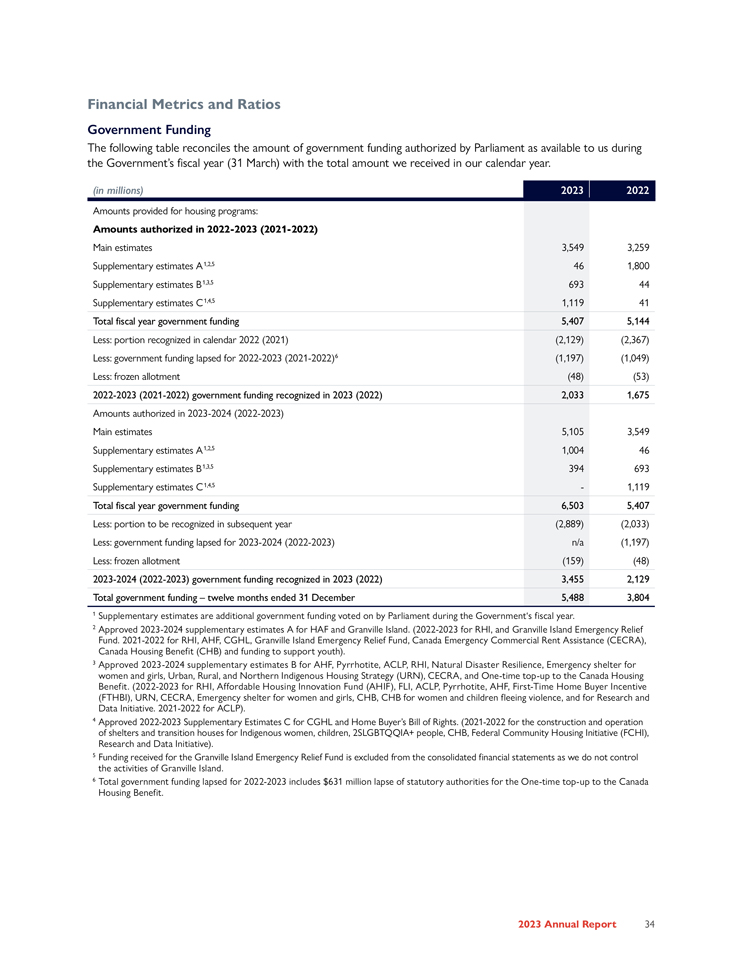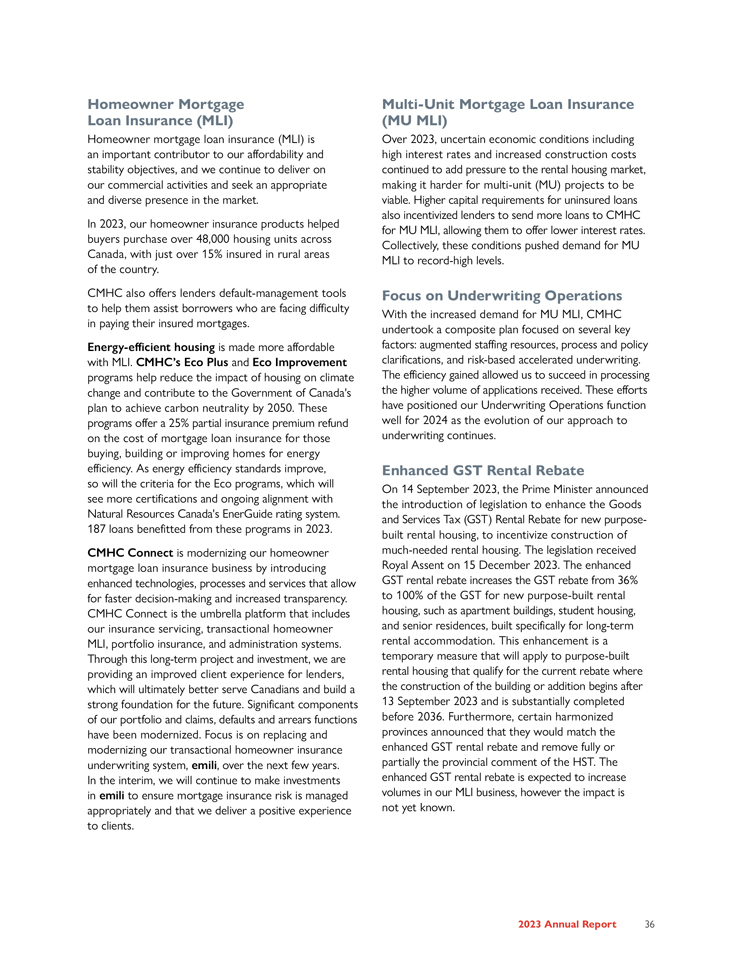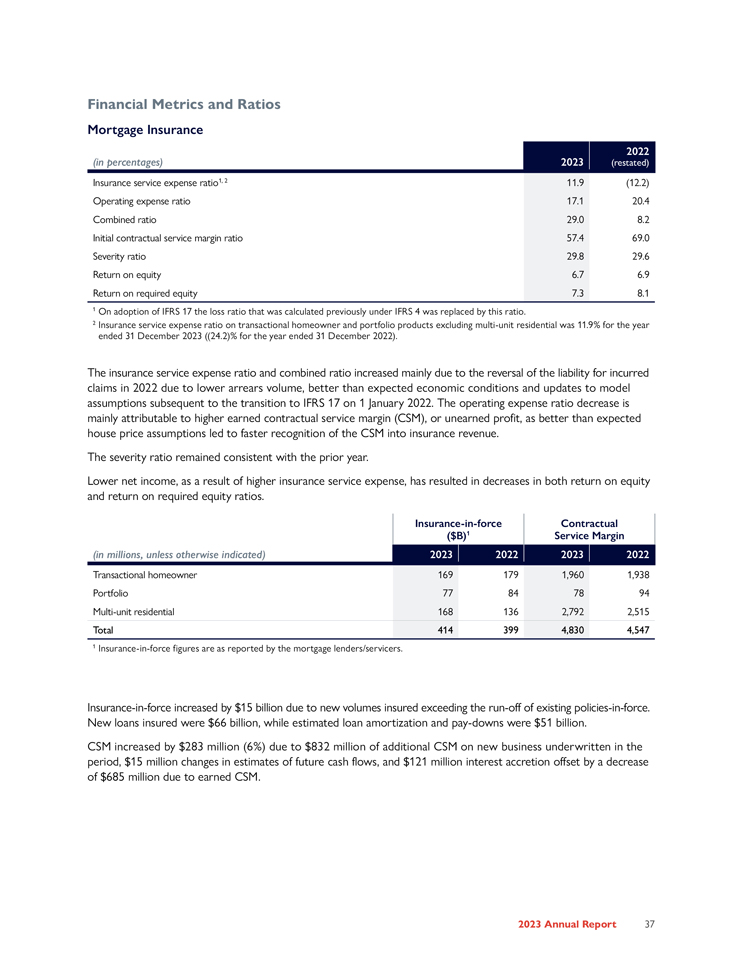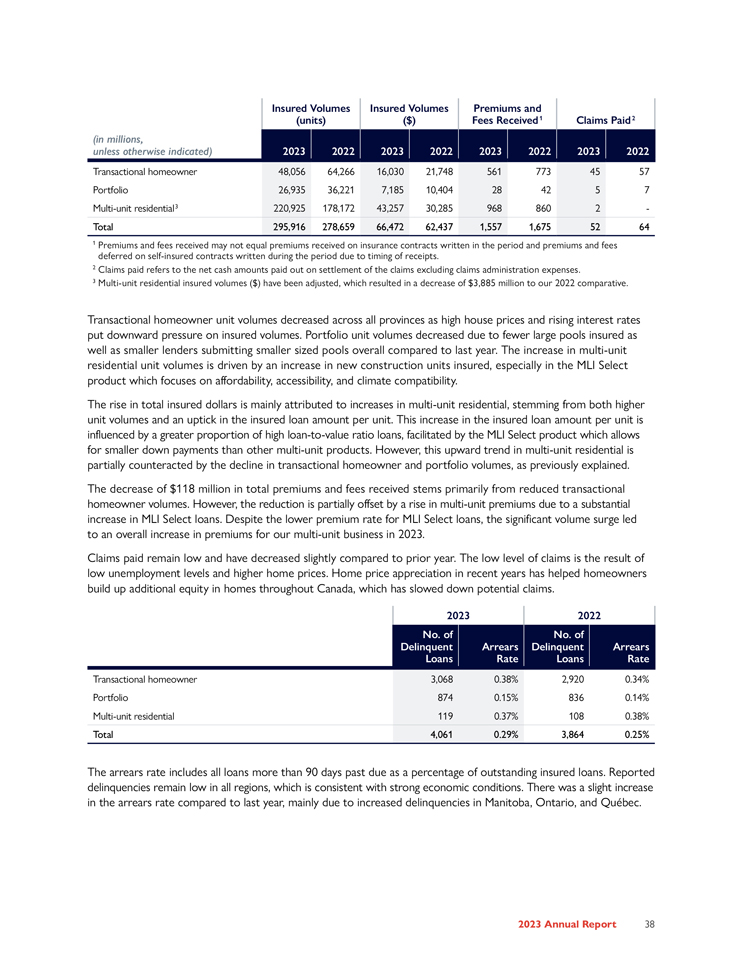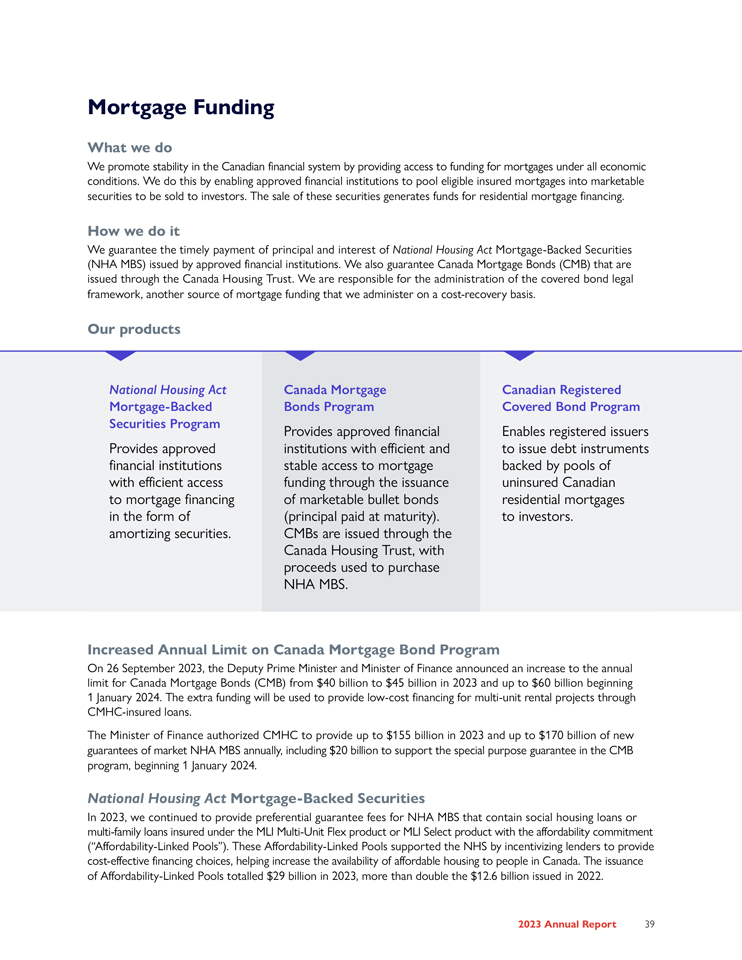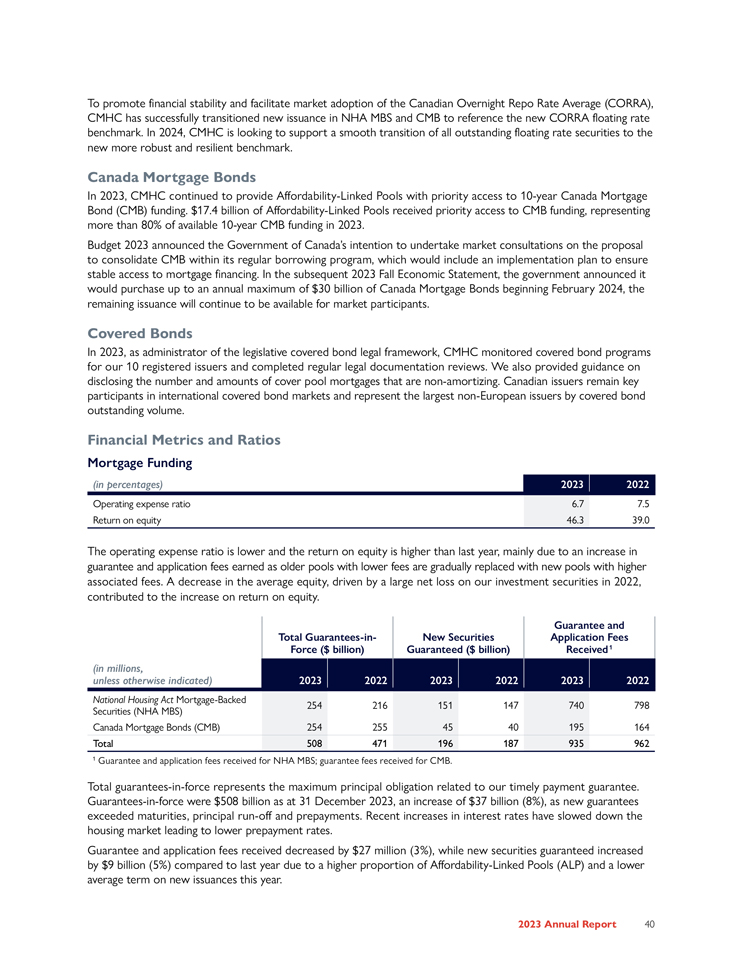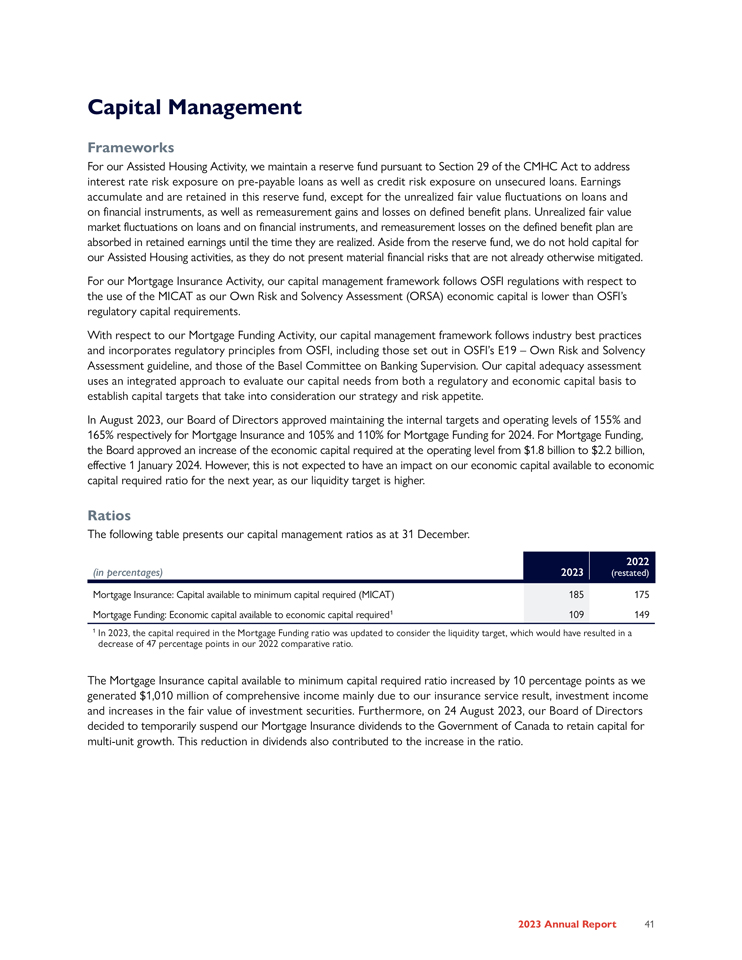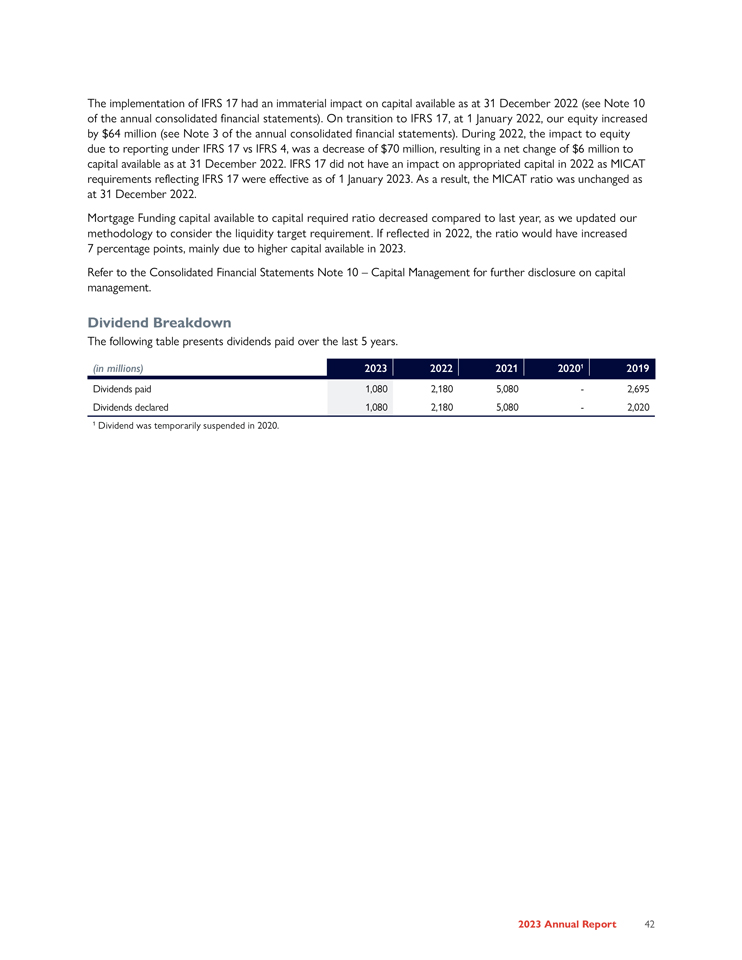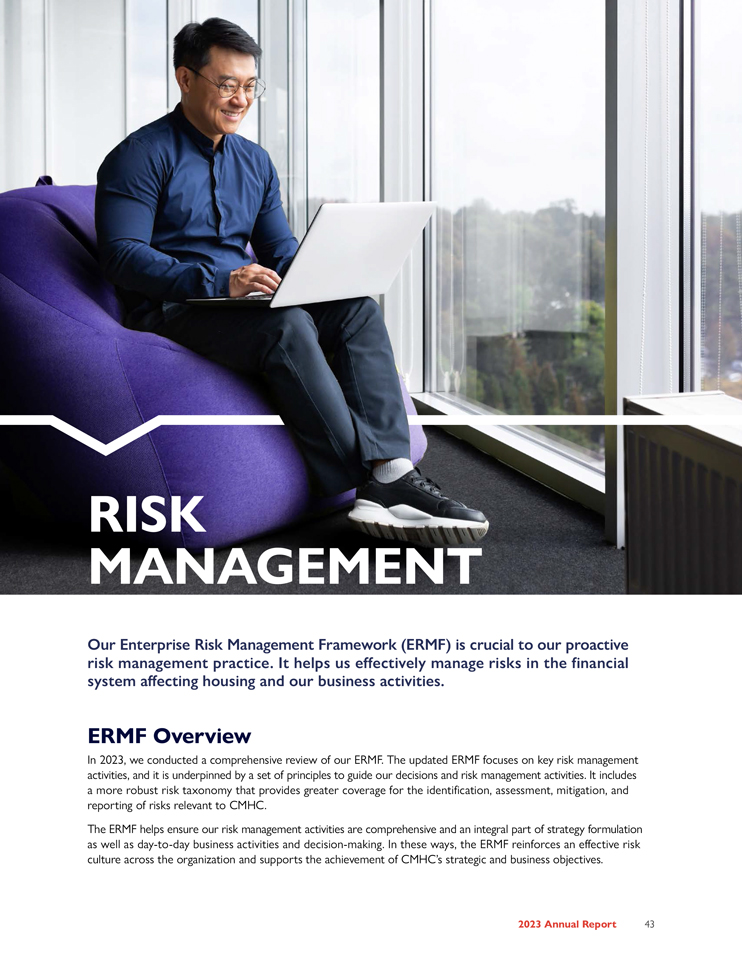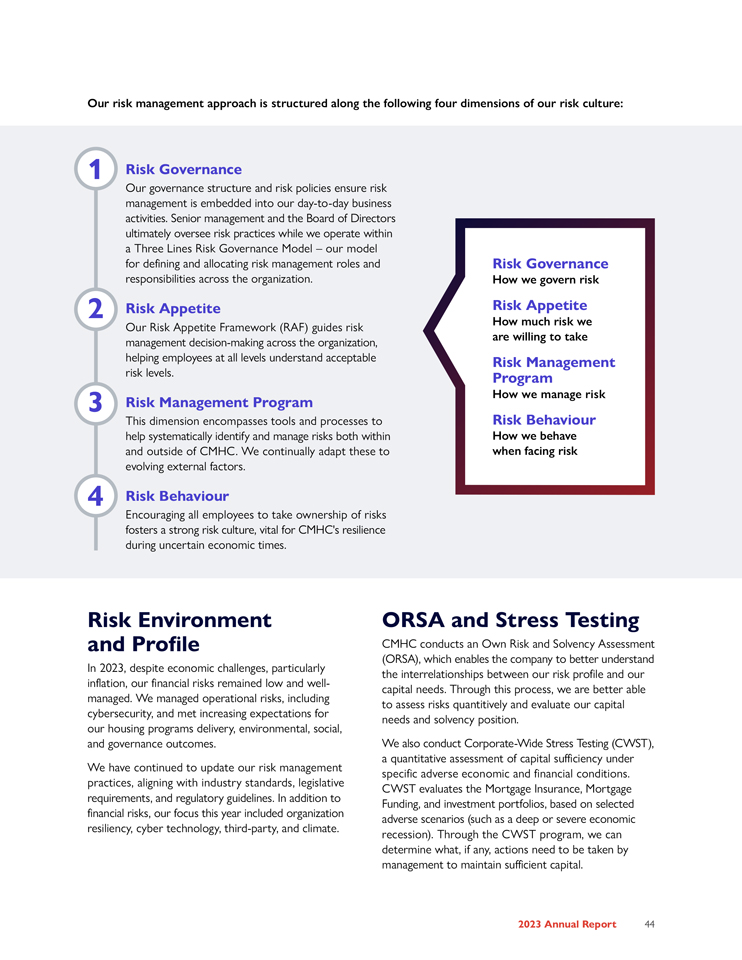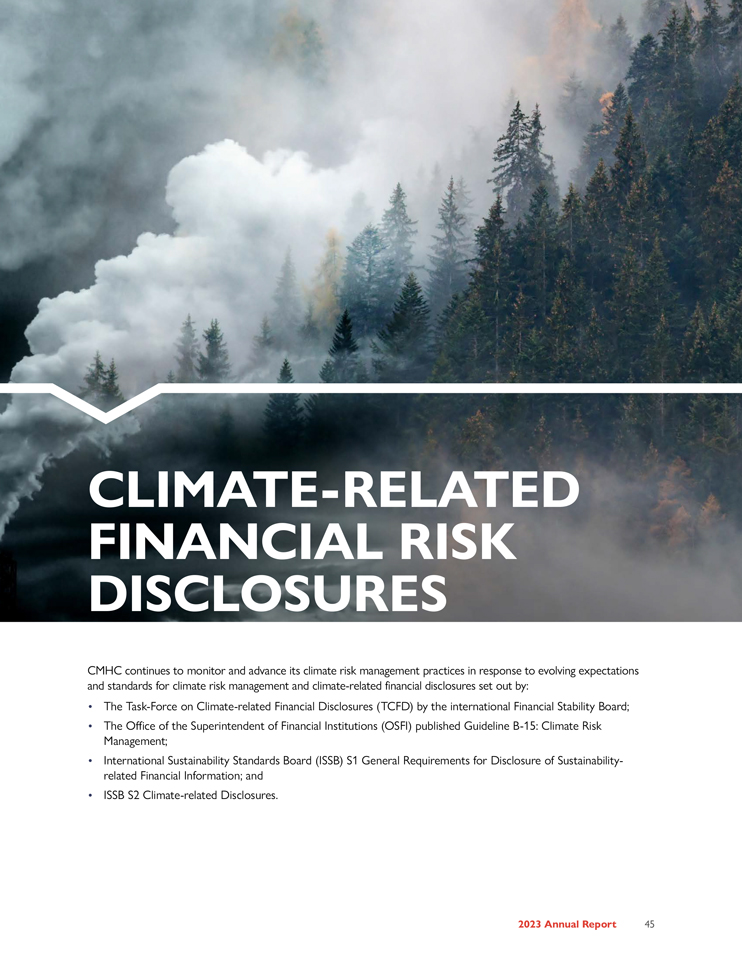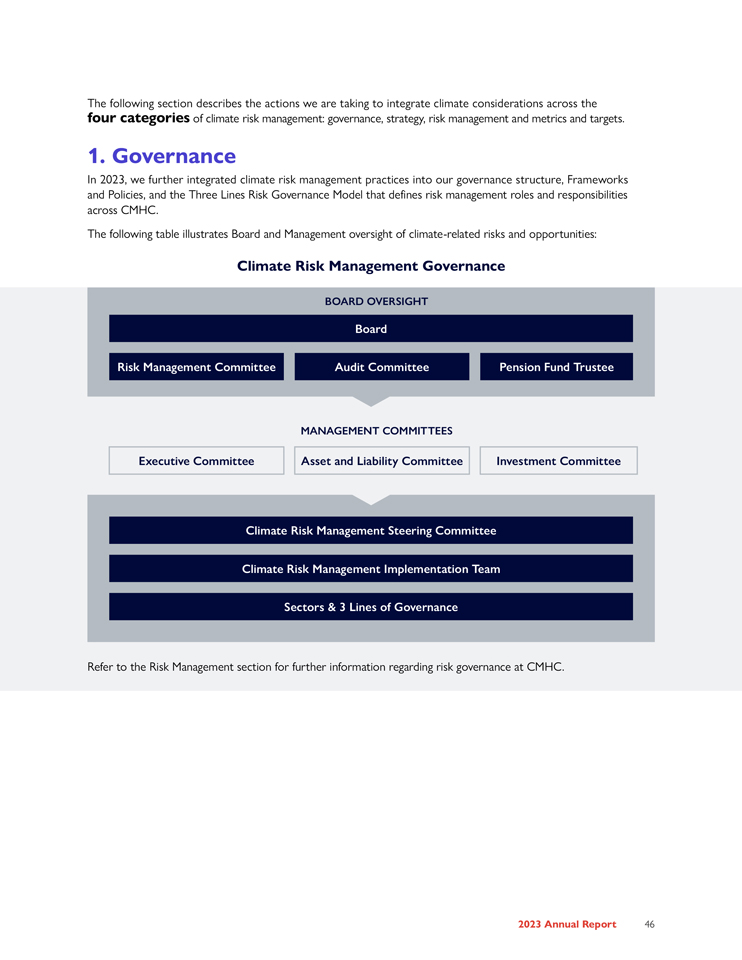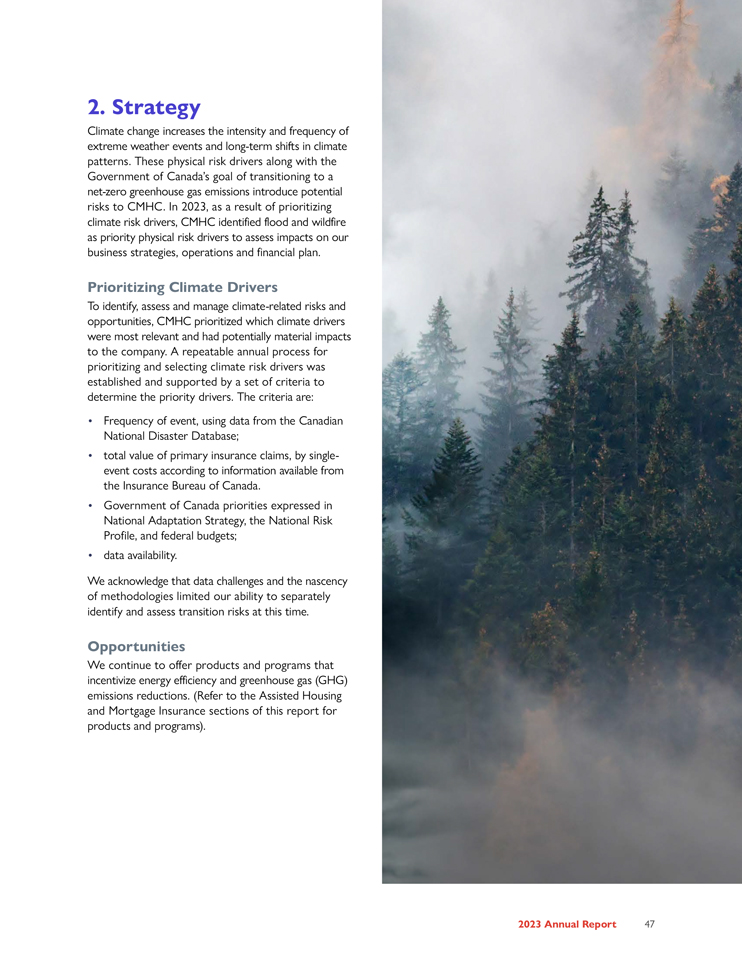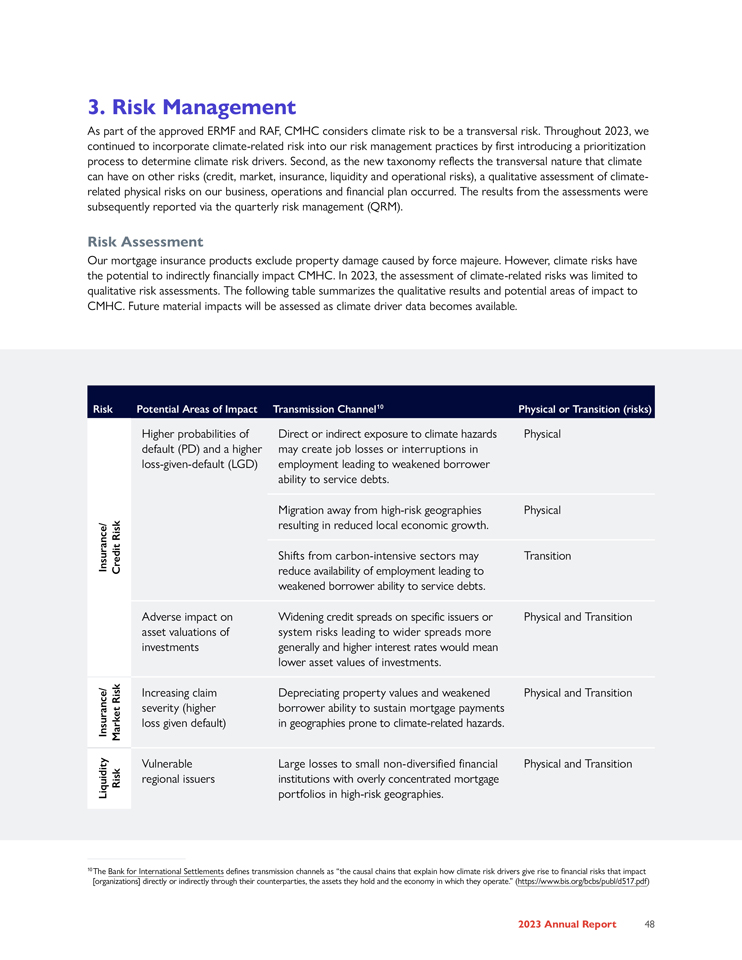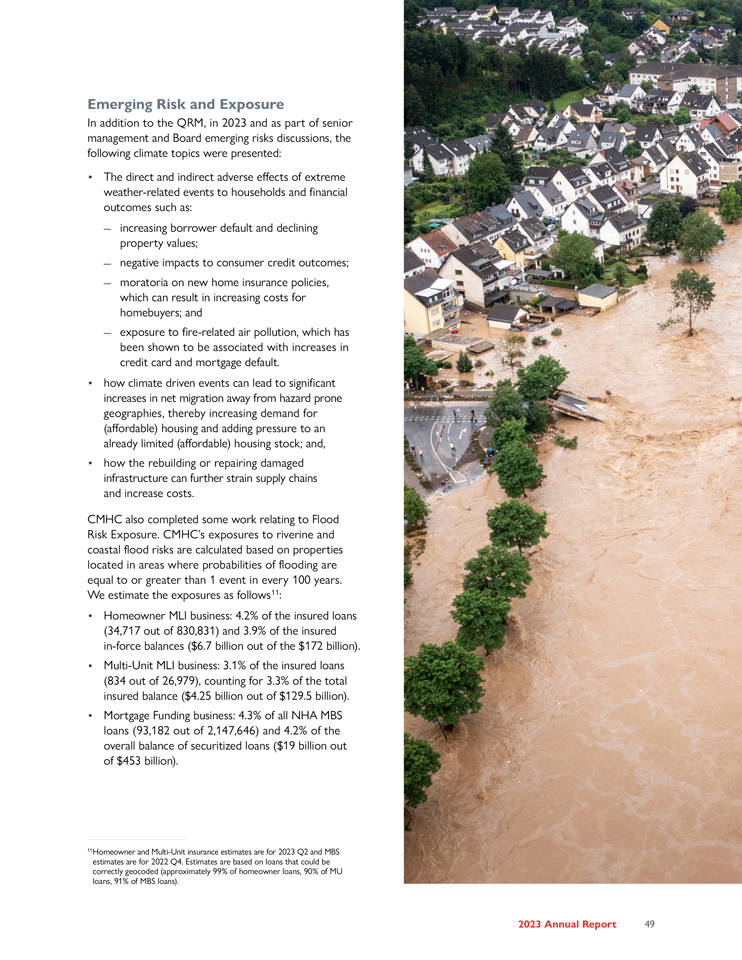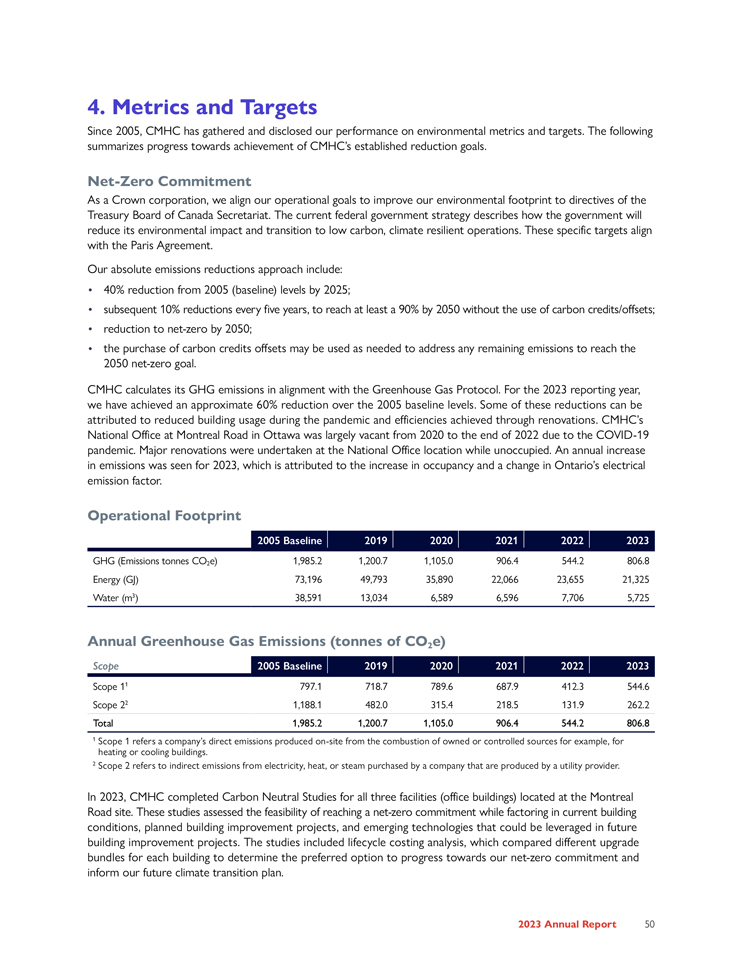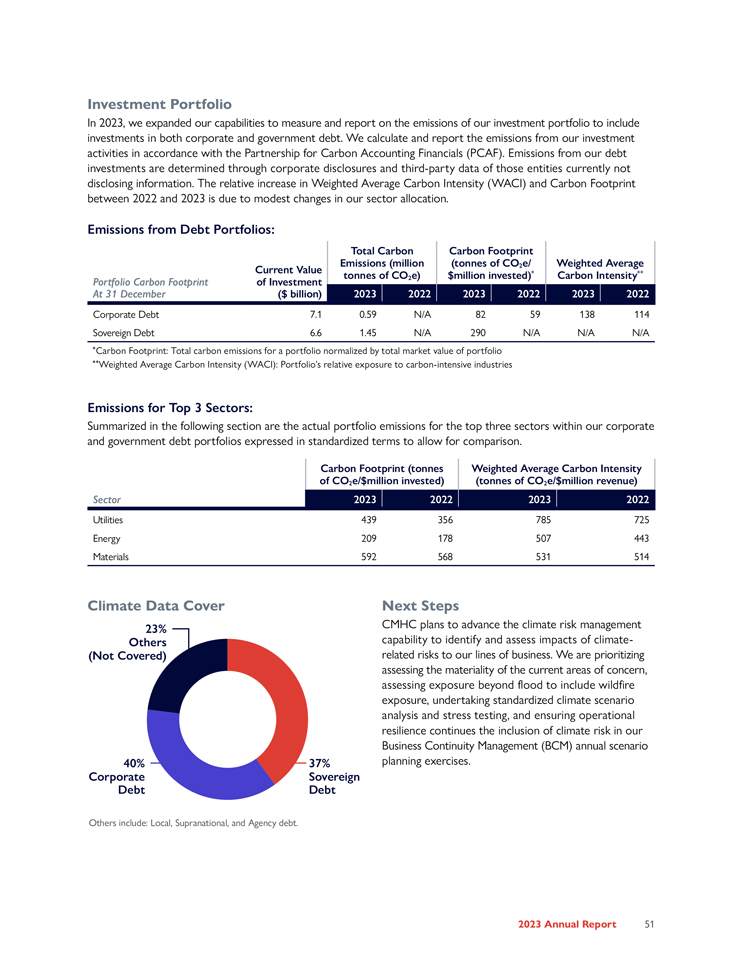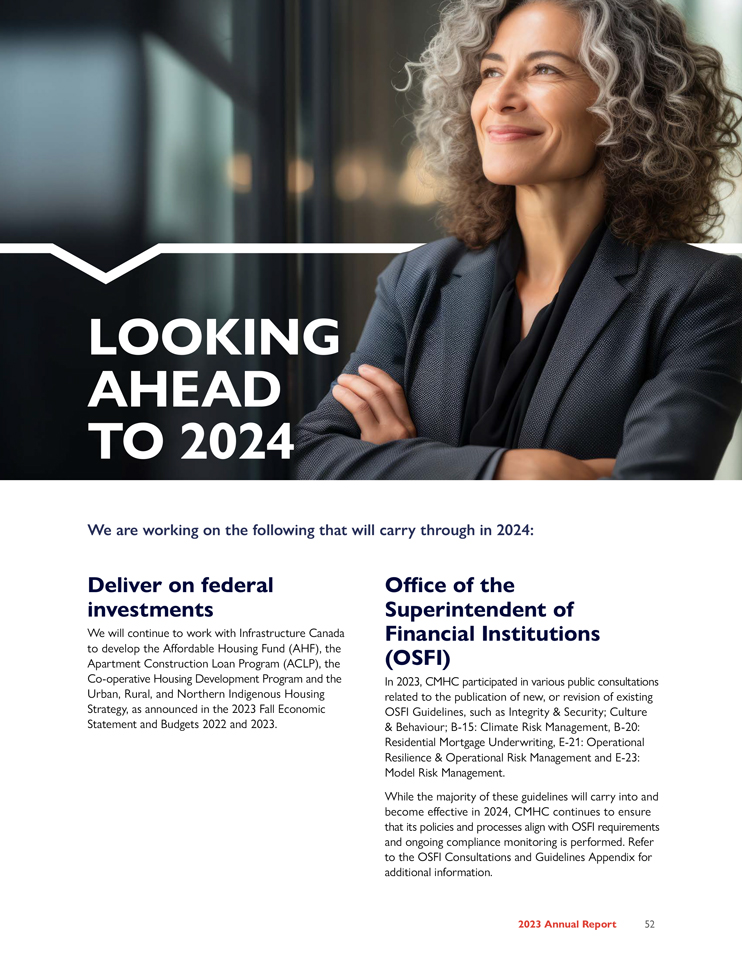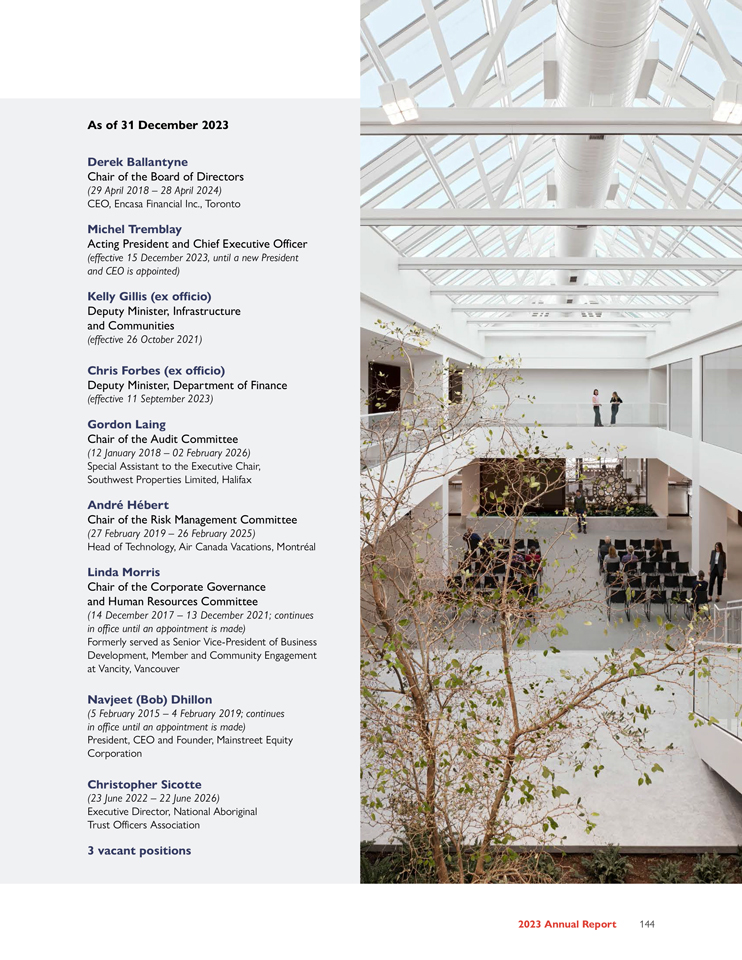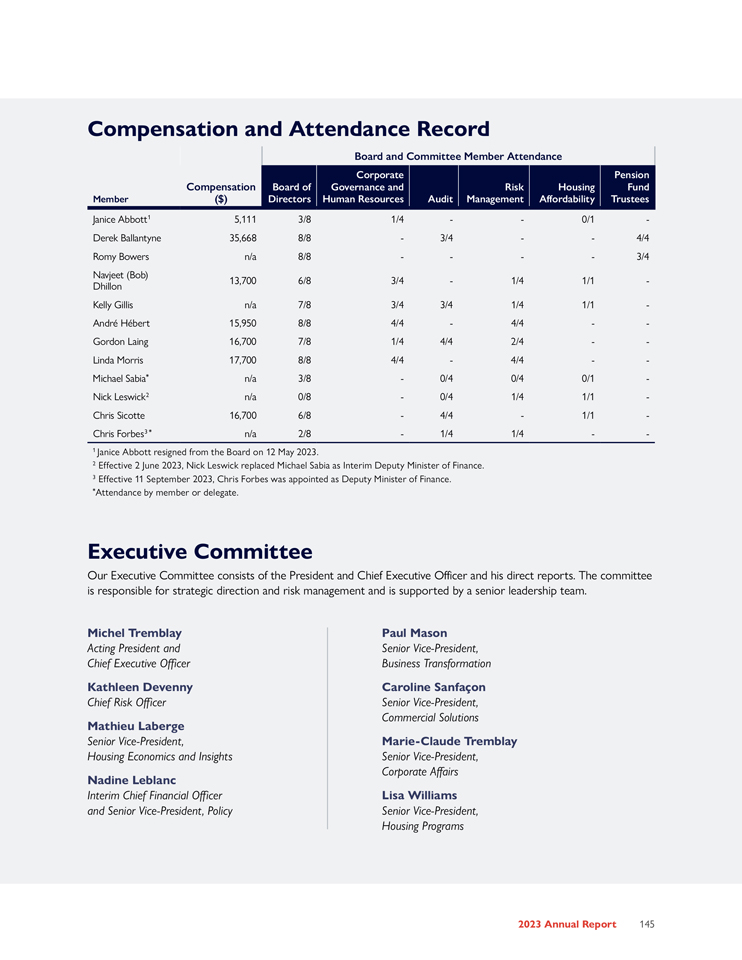Gender-based Analysis Plus (GBA Plus): An analytical process that provides a rigorous method for assessing systemic inequalities, as well as a means to assess how diverse groups of women, men and gender diverse people may experience policies, programs and initiatives. The “plus” in GBA+ acknowledges that the assessment is not just about biological (sexes) and socio-cultural (genders) differences. We all have multiple characteristics that intersect and contribute to who we are. GBA+ considers many other identity factors, such as race, ethnicity, religion, age, and mental or physical disability, and how the interaction between these factors influences the way we might experience government policies and initiatives.
Using GBA+ involves taking a gender- and diversity-sensitive approach to our work. Considering all intersecting identity factors as part of GBA+, not only sex and gender, is a Government of Canada commitment.
Home retrofits for energy efficiency: When you do an energy-efficiency retrofit on your building, you upgrade its energy-consuming systems. Retrofitting may involve improving or replacing lighting fixtures, ventilation systems or windows and doors, or adding insulation where it makes economic sense. It also means including energy efficiency measures in all your renovation and repair activities.
Housing programs expenses: All activities funded by the government under Assisted Housing and Market Analysis and Research activities.
Lending programs: Under the National Housing Act, and in support of Canada’s National Housing Strategy, we provide loans and contributions to federally subsidized social housing sponsors, First Nations, provinces, territories and municipalities. We also provide non-subsidized housing support loans. Our loan portfolio is comprised of a mix of renewable and non-renewable loans which may be on or off-reserve. Direct Lending is the current borrowing initiative we use to refinance our renewable loans as well as to finance new commitments on-reserve. These loans can be financed at lower interest rates due to our status as a federal Crown corporation. As such, we are able to lower the cost of government assistance required for social housing projects. Direct Lending is operated on a planned break-even basis.
Lived experience: The experience and knowledge gained through direct, first-hand involvement in everyday situations, events and interactions as a result of personally experiencing housing need or homelessness.
Physical risk: Effect of uncertainties related to severe and frequent extreme weather events, as well as chronic changes to the environment due to climate change (e.g., temperature increase, sea level rise), on the achievement of our strategic results.
Rural area: Refers to all land lying outside population centres and the people living within those areas.
Transition risk: Effect of uncertainties associated with efforts to move to a low-carbon economy, including changes to current or future government policies, technological innovations and/or consumer and investor preferences and their impacts on the achievement of our strategic results.
United Nations Declaration on the Rights of Indigenous Peoples (UNDRIP): UNDRIP is a comprehensive statement addressing the human rights of Indigenous peoples. It emphasizes the rights of Indigenous peoples to live in dignity, to maintain and strengthen their own institutions, cultures and traditions, and to pursue their self-determined development, in keeping with their own needs and aspirations.
Vulnerable: People belonging, or perceived to belong, to groups that are in a disadvantaged position or marginalized are often referred to as groups that are made vulnerable. In the case of the National Housing Strategy, priority groups currently defined as vulnerable include survivors (especially women and children) fleeing domestic violence, seniors, Indigenous peoples, people with disabilities, those dealing with mental health and addiction issues, veterans, 2SLGBTQIA+, racialized groups, newcomers (including refugees), individuals and families experiencing homelessness, and young adults.
